Array
(
[SERVER_SOFTWARE] => nginx
[REQUEST_URI] => /engage-with-us/student-engagement/student-funding-internship/cohort-2021/
[USER] => fpm200111
[HOME] => /home/fpm200111
[WPENGINE_ACCOUNT] => harvardhealth
[WPENGINE_PHPSESSIONS] => on
[WPENGINE_DB_SESSIONS] => off
[REMOTE_ADDR] => 216.73.216.55
[DOCUMENT_URI] => /index.php
[CONTENT_LENGTH] => 0
[REQUEST_METHOD] => GET
[QUERY_STRING] =>
[REQUEST_SCHEME] => http
[HTTP_RAWHOST] => globalhealth.harvard.edu
[HTTP_USER_AGENT] => Mozilla/5.0 AppleWebKit/537.36 (KHTML, like Gecko; compatible; ClaudeBot/1.0; +claudebot@anthropic.com)
[HTTP_X_WPE_SSL] => 1
[SYSLOG_IDENT] => phperr-harvardhealth
[DOCUMENT_ROOT] => /nas/content/live/harvardhealth
[HTTPS] => on
[HTTP_CF_IPCOUNTRY] => US
[REDIRECT_STATUS] => 200
[HTTP_X_IS_BOT] => 1
[HTTP_ACCEPT_ENCODING] => gzip
[HTTP_CF_CONNECTING_IP] => 216.73.216.55, 216.73.216.55, 216.73.216.55
[HTTP_WPE_READONLY] => on
[PHP_VALUE] => upload_max_filesize=50M;
post_max_size=100M;
[PHP_ADMIN_VALUE] => newrelic.appname=harvardhealth;
newrelic.browser_monitoring.auto_instrument=off;
newrelic.enabled=off;
newrelic.license=;
sendmail_path=/bin/sendmail-wrapper.sh 79e309318abe46fb70c4b52b782c479d04ddf08b /usr/sbin/sendmail -t -i;
syslog.ident=phperr-harvardhealth;
[SERVER_NAME] => globalhealth.harvard.edu
[HTTP_X_WORDPRESS_TYPE] => DEFAULT
[HTTP_X_WPENGINE_PHP_VERSION] => 8.2
[HTTP_X_FORWARDED_PROTO] => https
[HTTP_ACCEPT] => */*
[HTTP_HOST] => globalhealth.harvard.edu
[HTTP_CF_VISITOR] => {\"scheme\":\"https\"}
[PATH_TRANSLATED] => /nas/content/live/harvardhealth/index.php
[HTTP_X_FORWARDED_HOST] => globalhealth.harvard.edu
[HTTP_X_CACHE_GROUP] => normal
[HTTP_X_WPE_EDGE] => AN
[PATH_INFO] =>
[SCRIPT_NAME] => /index.php
[SCRIPT_FILENAME] => /nas/content/live/harvardhealth/index.php
[SERVER_PORT] => 80
[SERVER_ADDR] => 127.0.0.1
[HTTP_CDN_LOOP] => cloudflare; loops=1
[HTTP_REFERER] => https://globalhealth.harvard.edu/?p=6766
[HTTP_X_WPE_LOCAL_SSL] => 1
[CONTENT_TYPE] =>
[REMOTE_PORT] =>
[GATEWAY_INTERFACE] => CGI/1.1
[HTTP_X_WPE_INSTALL_NAME] => harvardhealth
[HTTP_X_UA_ORIGINAL] => Mozilla/5.0 AppleWebKit/537.36 (KHTML, like Gecko; compatible; ClaudeBot/1.0; +claudebot@anthropic.com)
[HTTP_X_WPE_REQUEST_ID] => fa5bf273ab138eb8dc33b273f73e9a64
[HTTP_X_REAL_IP_REMOTE] => 104.23.197.164
[SERVER_PROTOCOL] => HTTP/1.1
[IS_WPE] => 1
[HTTP_CF_RAY] => 9bde09c7ac71bde9-CMH
[HTTP_VIA] => 1.1 pod-403756 (Varnish/7.7)
[FCGI_ROLE] => RESPONDER
[PHP_SELF] => /index.php
[REQUEST_TIME_FLOAT] => 1768403196.15
[REQUEST_TIME] => 1768403196
)
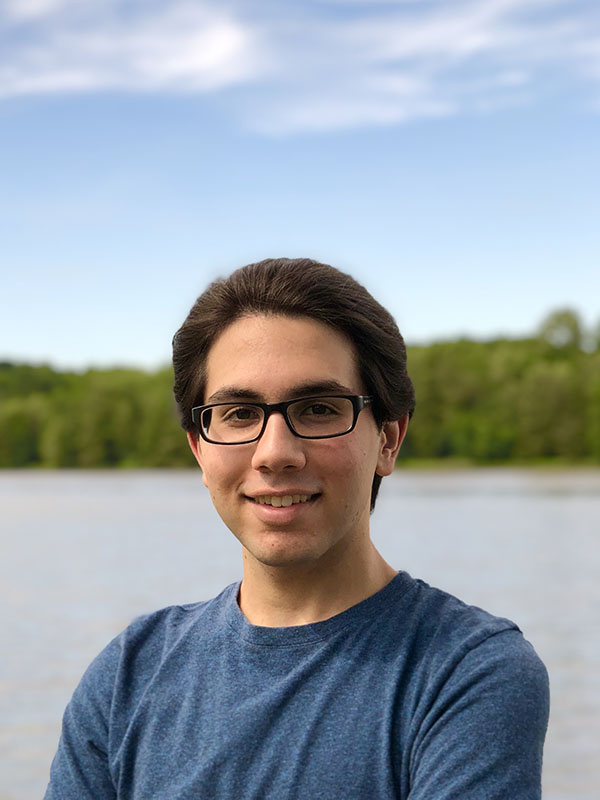
This summer, I am interning at the Institute for Health Metrics and Evaluation (IHME), an independent research center that analyzes global population health problems using quantitative epidemiologic methods, along with data modeling and visualization techniques. Within IHME, the Global Burden of Disease (GBD) study quantifies health loss from various diseases and injuries across the world, along with their risk factors, and helps inform health policy decisions that reduce disease burden. As part of the GBD, my project investigates Hepatitis A and Hepatitis E prevalence that may be attributable to certain risk factors such as access to unsafe water and sanitation. I am specifically conducting a systematic review and extracting relevant data that will be used to model the risk-exposure relationship between Hepatitis A and E and access to unsafe water and sanitation in different regions of the world.
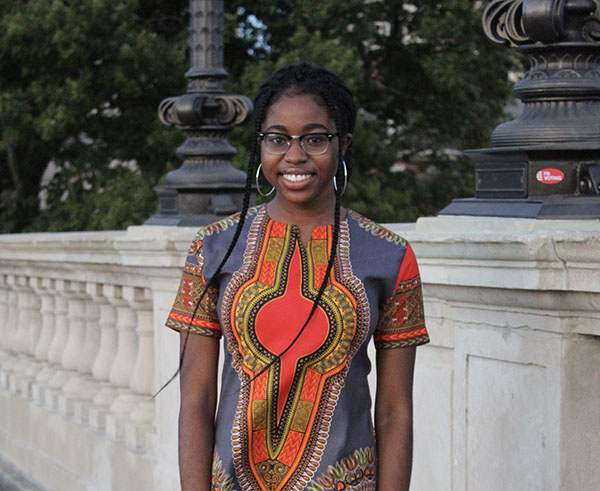
My experience with interning for the Joint Committee on Public Health at the Massachusetts State House has been great. As an intern, I prepare memos covering different public health topics, track news coverage about COVID-19, assist in summarizing bills, research constituents' concerns, and more! From attending various events covering COVID-19 regulations, environmental health, maternal health, racial inequity in probation, and more, my perspective on public health has expanded. My supervisor encourages my involvement in topics that interest me. I initially mentioned an interest in maternal health inequity. Now, I attend and document the meetings of the Commission of Racial Inequity in Maternal Health. During this internship, I see people from different walks of life passionately engage in the legislative process to make effective change for millions of people, and it is inspiring.
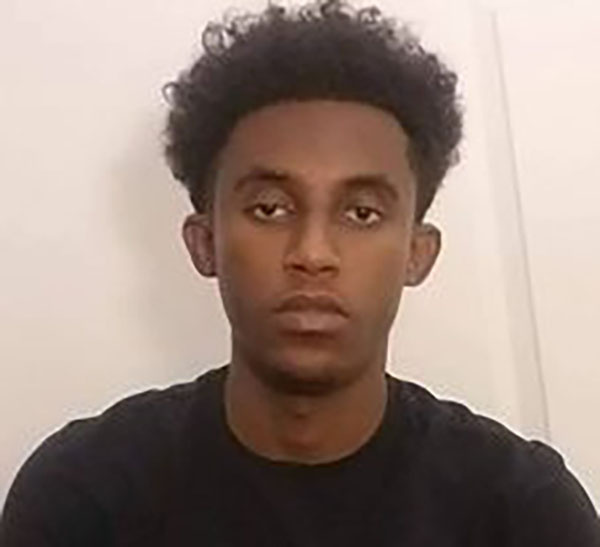
This summer, I have the pleasure of working with the New York State Health Foundation as an intern on the Policy and Research team. The Foundation is committed to improving the health of New Yorkers through grants in addition to internal research that informs health policy. The hope is to promote programs that are similarly working to advance health care in NY. My main project this summer is working on an upcoming update report on veteran's health that seeks to highlight the veteran population and its needs. I am also assisting in data analysis and visualization for a project looking at the mental health impact of the pandemic on New Yorkers. Overall, I have enjoyed my time at the Foundation, learning a lot about the behind-the-scenes work that goes into guiding health policy.
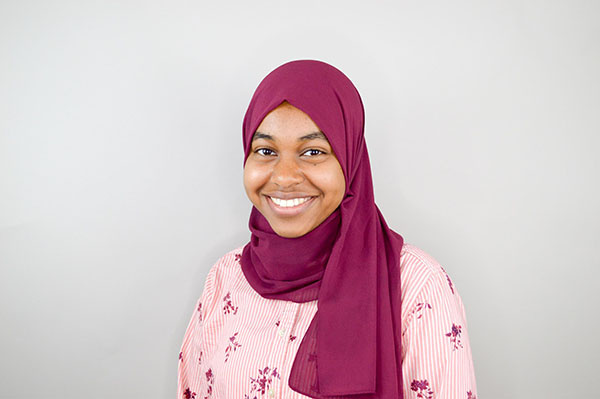
This summer, I am interning with the Maternal and Newborn Health Thematic Fund (MHTF) at the United Nations Population Fund (UNFPA). I am supporting the development of the 2020 MHTF Annual Report that is delivered to member states and donors summarizing the MHTF-supported work done by headquarters and the dozens of UNFPA country offices and affiliates across the globe on advancing midwifery, emergency obstetric and newborn care, maternal and perinatal death surveillance and response, and the path to ending obstetric fistula. I have been consolidating case studies from dozens of country-level annual reports, selecting pictures, writing paragraphs, and editing the entire draft of the report for clarity and coherence as several UNFPA colleagues contribute to its development. I am deeply inspired by the work and collaborations supported by UNFPA as I read about the challenges faced and resilience demonstrated by midwives and health workers in already fragile health systems to care for mothers and newborns throughout the COVID-19 pandemic in 2020.
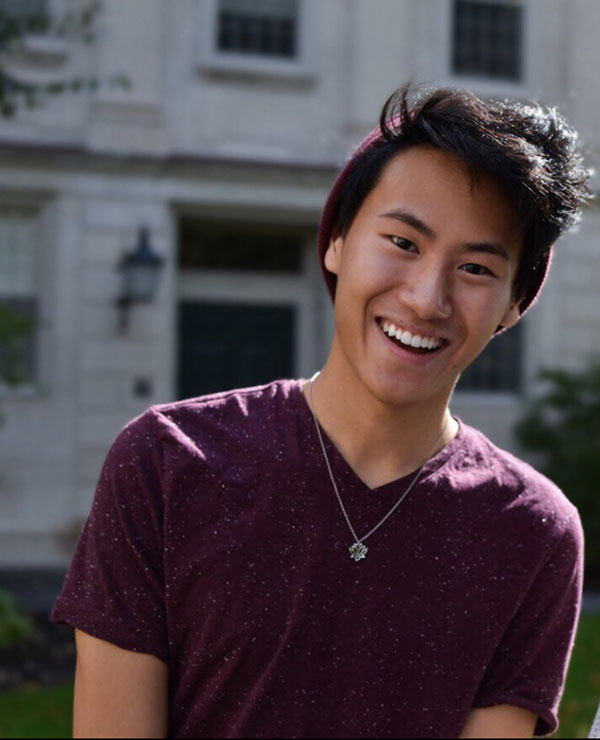
SFAF is currently working on finding ways to transition to a transformative justice and harm reduction model that destigmatizes substance use and challenges punitive forms of discipline in the workplace. Given that SFAF serves many individuals with lived experiences with substance use, maintaining archaic policies that reinforce substance stigmatization is counter-productive and hurts the retention of both staff and clients. Thus, our work is centered on creating anti-bias training, employee resource groups, and revising employee handbook policies to reflect the missions of SFAF on an internal level.
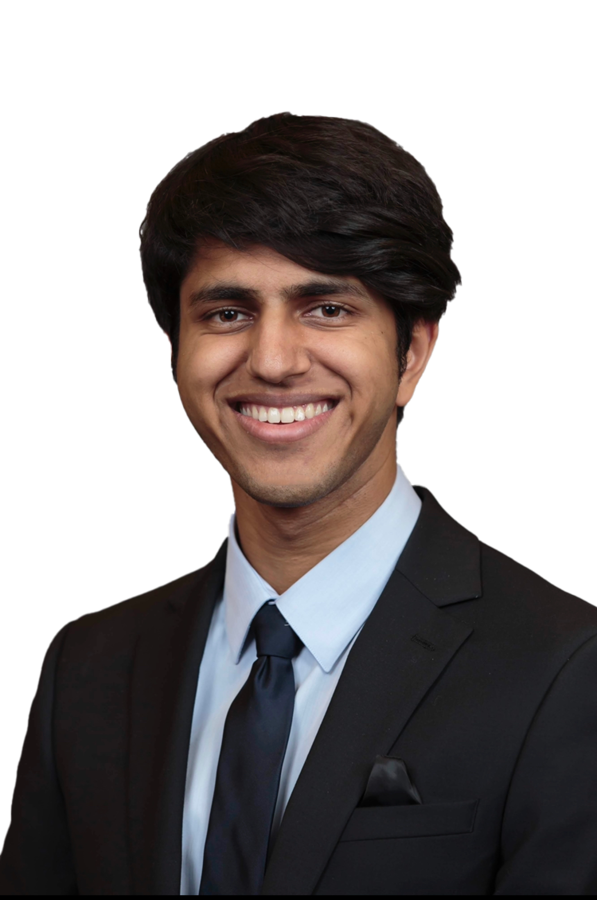
CMS Office of Minority Health is an incredible place to engage in impactful health equity work, especially with the current Administration's focus on combating health disparities. The work you do is anything but busy work and is intrinsically connected to the priorities of the Office, as well as your personal interests. I have done everything from developing a framework for CMS components to self-evaluate their health equity focus to working on data highlights focused on expanding access to treatment for opioid use disorder to writing a research report on expanding coverage for intensive behavioral therapy for obesity. The other members of the Office are incredibly supportive, and being in CMS is just an incredible opportunity (and excuse) to meet Harvard alumni across the Department of Health and Human Services.
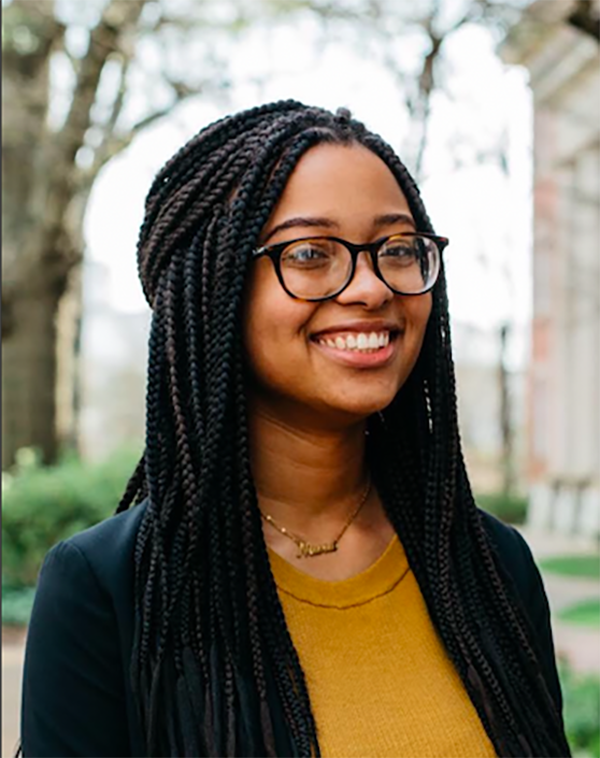
This summer, I have the pleasure of working within one of Africa's leading research centers, the Perinatal HIV Research Unit in South Africa. PHRU engages in research, policy-formulation, and advocacy concerning HIV-positive and negative people. In my role, I work with our Roads to Health Immunization App, which helps parents and caregivers monitor the health of their children, establish an accurate digital health record of child development, and interact with healthcare professionals while empowering caregivers with childcare information and best practices. I enjoy working with my colleagues across the Atlantic in conducting literature-reviews, coding in NVivo, and bettering the application!
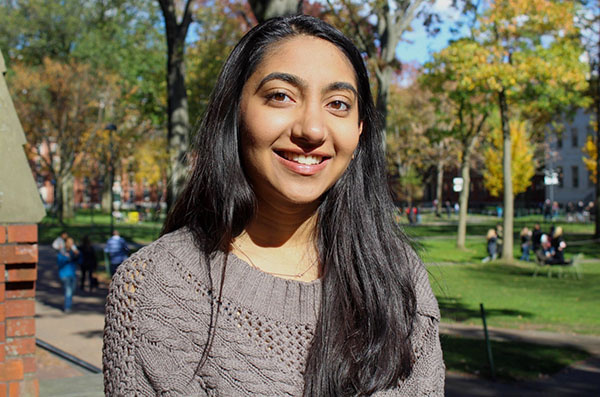
This summer I am interning at the Perinatal HIV Research Unit in Soweto, South Africa. With the PHRU, I am conducting mixed methods research to better understand community sentiment and comprehension of COVID guidelines implemented by the government. I have helped the biobehavioral team with the CARE project, that aims to identify and quantify the effects of rumors and miscommunications on community adherence to COVID guidelines (ex. conspiracy theories around vaccination and mask wearing). On the qualitative side, I have been using softwares like Nvivo to analyze and code interviews. I will also be conducting quantitative analysis of survey data and putting this information together into a manuscript deliverable at the end of this project. On community initiatives, I have been helping with the Youth KeStarring initiative, a global effort to reach youth and educate them about important facets of life such as sexual education, resume building, and mental health. Huge thank you to the PHRU and the HGHI for this opportunity to work on something so impactful, even during such a turbulent time in all of our lives. Wishing everyone to stay healthy, safe, and happy this summer.
This summer I have had the opportunity to work on two different research projects with The Harvard T.H. Chan School of Public Health's Maternal and Child Health Center of Excellence. I am working with a team conducting a systematic review of family mental health during the pandemic and gotten to learn how the systematic review process works and the nuances of public health studies. My other project at the Center is conducting qualitative interviews with the organization Motherhood Beyond Bars for our study of incarcerated mothers.
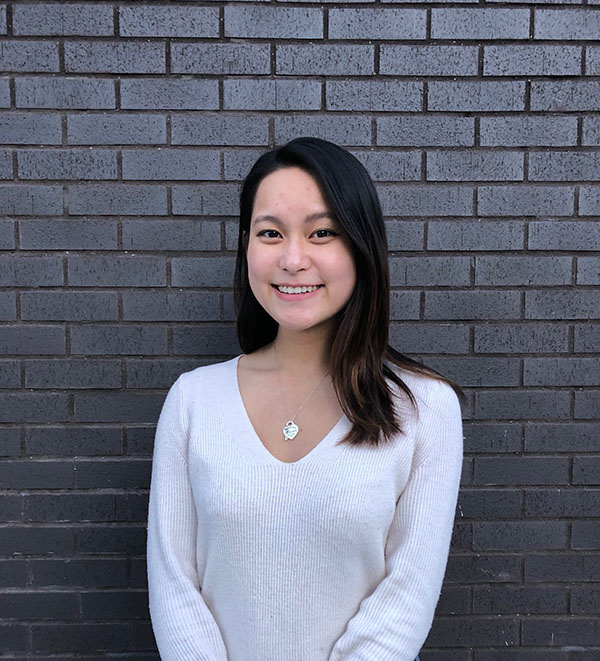
This summer, I've been working with NASP to establish a global alliance for social prescribing. We're creating an international framework to guide interested students from across the globe in starting groups that can raise awareness of social prescribing in their respective communities and nations. We are also planning to launch a student movement in the U.S., which has involved collaborating with physicians, students, and leaders of all kinds to plan events. In the meantime, I'm also sitting in on various meetings with officials of NASP and NHS England, which has taught me a lot about how healthcare looks in a system very different from our own, and how grassroots movement building and overhead policy interact to create change.
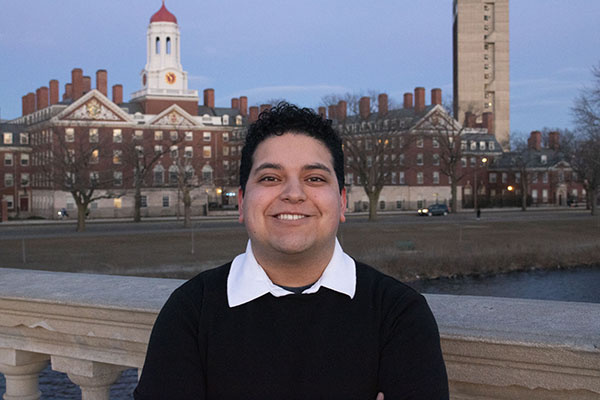
This summer I am working for GOTVax. A nonprofit focuses on creating popup equity COVID-19 vaccine clinics for communities throughout Boston and beyond. For my work, I am in charge of helping to organize these clinics as well as reaching out into the community to find individuals who have not yet been vaccinated and help them do so. The work itself has been very fulfilling and I feel as though I am making a real difference as the world continues on with the COVID-19 pandemic. Even helping one individual get vaccinated makes my entire work worth it in the end.

I am excited to be working at Hollywood, Health, & Society and the Norman Lear Center to explore entertainment narratives as a source of health and safety education. I've been helping to develop two new Tip Sheets related to substance use disorder (SUD) in the U.S. for screenwriters interested in creating storylines related to the topics. I've also been helping to strategize and source content for their social media accounts. Recently, I've begun screening entries for the Sentinel Awards, a ceremony that recognizes TV shows that educate and motivate viewers to lead healthier and safer lives. This has been a wonderful opportunity to learn about careers at the intersections of healthcare and entertainment!n
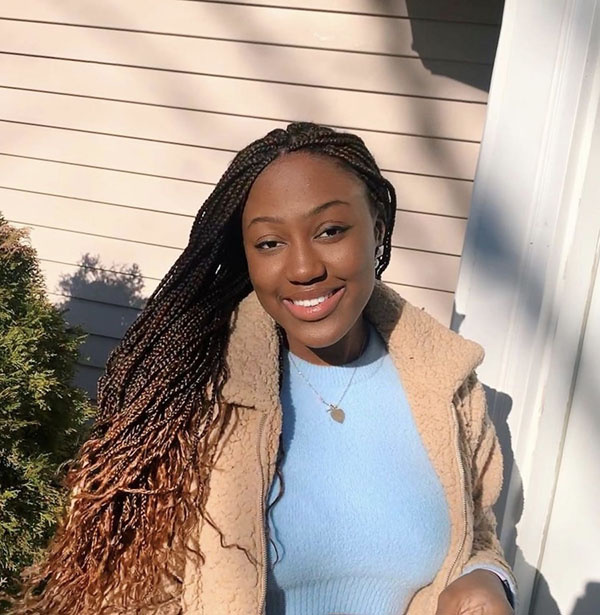
This summer, I am so excited to work with Health Leads California! As a part of the Health Leads team, I am assisting in the implementation of a campaign that aims to uplift equity and anti-racism in social determinants of health interventions. I have been conducting research on the communities we serve to ensure that we address any existing disparities and adequately cater to their needs. I am also using network tools to map out stakeholders and non-profits within these communities that can help uplift Health Leads mission. Towards the end of my work I will be aiding in the development of narrative pieces and events that aim to develop commitments with an accountability structure. In preparation for these deliverables, I am conducting, transcribing, and analyzing interviews of community based organizations and professionals in the health systems. I am so grateful for this eye-opening experience!n
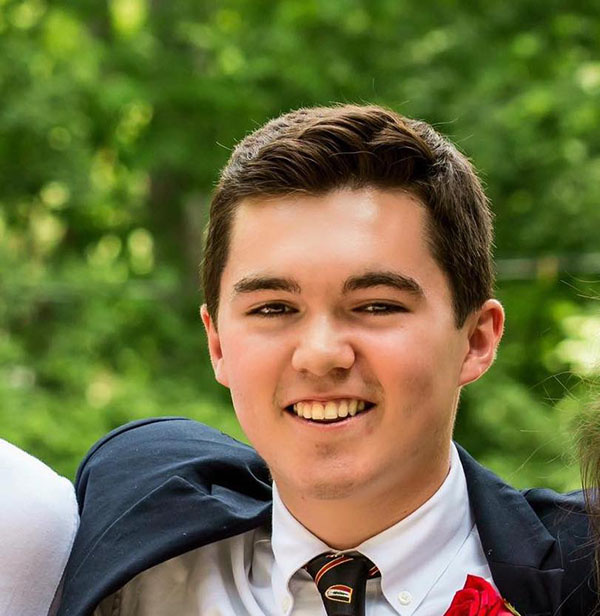
As an intern at the Computational Epidemiology Lab at Harvard Medical School, I have had the amazing opportunity to work with Dr. Yulin Hswen studying patterns and social determinants of disease. My work this summer has consisted primarily of analyzing data, with some additional time spent reading relevant research papers to inform that analysis. Most recently, my research has focused on investigating the relationship between various social factors u2013 including income inequality and voter turnout u2013 and health outcomes in different regions across the United States.
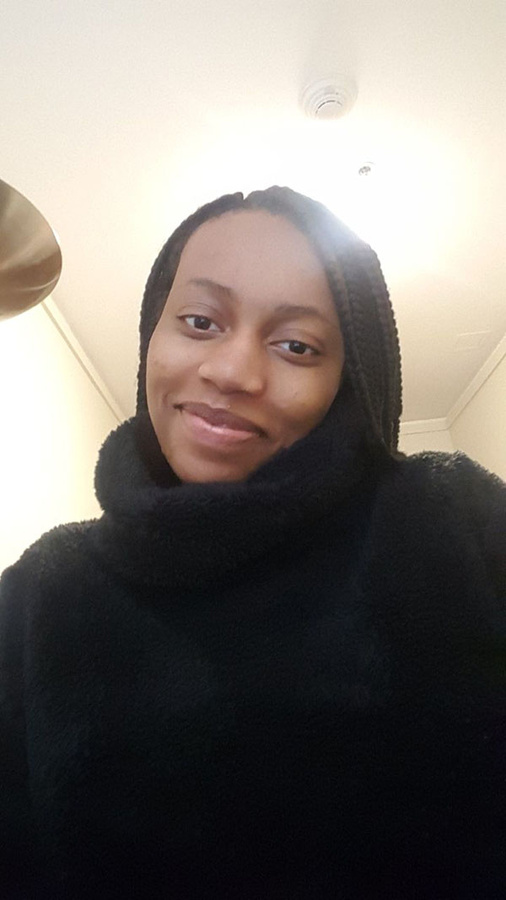
This summer, I am working at the International Quality Improvement Collaborative for Congenital Heart Disease at Boston Children's Hospital. IQIC is an organization dedicated to lowering mortality rates for congenital heart disease (CHD) in low and middle income countries by creating a collaborative space centered on sharing quality improvement techniques; in addition, cardiology data from over 70 sites around the world is displayed to showcase the global state of congenital heart disease. I am aiding IQIC by organizing reports for all of the involved sites and by helping with the GRACE project, a unique system that tracks how physicians can make more informed decisions depending on the severity of a patient's case.
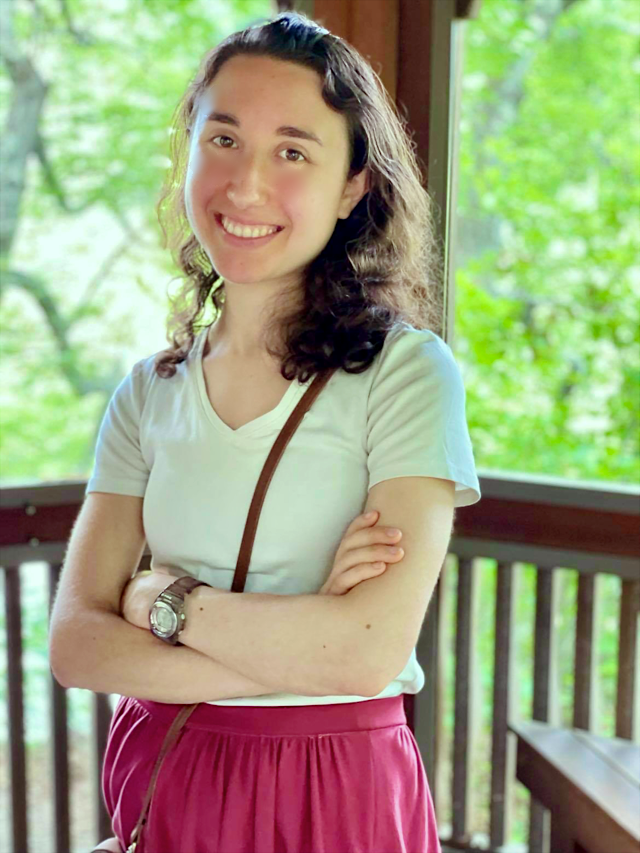
My time with the National Academy for Social Prescribing (NASP) has proven to be eye-opening. NASP, in partnership with England's National Health Service, aims to establish a new healthcare model that supports individuals beyond their biomedical needs through working with the community and voluntary sector to promote the psychosocial elements of wellbeing. I am developing an international framework that considers how this model can be adopted in other countries, a project that has prompted me to think deeply about different healthcare systems. NASP is small, but u2013 by nature of its holistic approach to health u2013 incredibly interdisciplinary. Beyond working with those in clinical, research, and managerial roles, I have engaged with an inspiringly wide array of individuals using their expertise to advance community health, whether through the arts, athletics, or national historical projects.n
This summer, I will be interning at the Multi-Aid Programs, which is an organization based in Bekaa Valley, Lebanon. I will be helping design and deliver an 8-week research training program for refugee students involved in higher education, which focuses on community-based participatory research. This program has the ultimate goal of mending the gap between Western researchers and refugees who are often exploited, as well as amplifying refugees' narratives by empowering them to tell their own story and participate in the full process of research. Throughout the summer, I will also be writing a working paper about various refugee participatory research methods, their shortcomings, and ways in which our research training program addresses these shortcomings.n
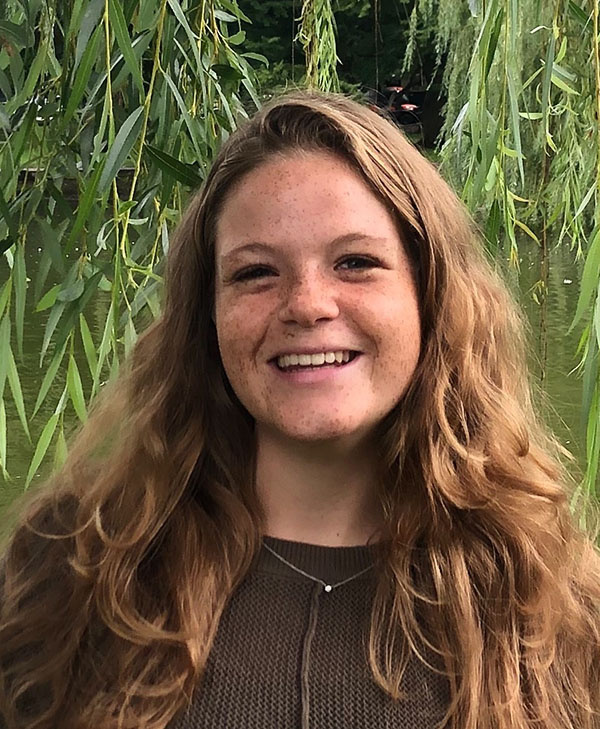
I am working in Gavi's Evaluation & Learning Unit with a specific focus on gender barriers to vaccination and learning hubs in partner countries. Most of my work consists in analyzing country-specific documents, in both English and French, to both complete Gavi's Gender Monitoring Framework and create a new Mapping Framework for Learning Hub Countries. In the former framework, I am analyzing to what extent countries acknowledge and address gender barriers in their grant proposals to Gavi. In the latter, I am focusing on countries' approaches to reaching and monitoring "zero-dose" children.n
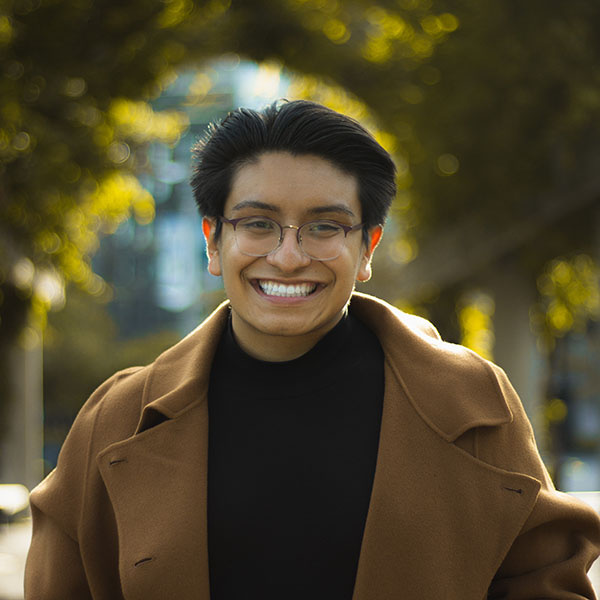
This summer I have had the amazing opportunity to work the VHL Alliance (VHLA) as a Fundraising and Marketing Intern! Over these past few weeks, my work has primarily focused on the development of a digital marketing campaign using Google Ads, the creation of a digital marketing strategy for the organization, and the creation of improved leave-behind and outreach materials for potential sponsors. Through this experience, I have been able to improve my skills in digital marketing and content creation to create an impact for both the organization and patients within the rare disease space.n
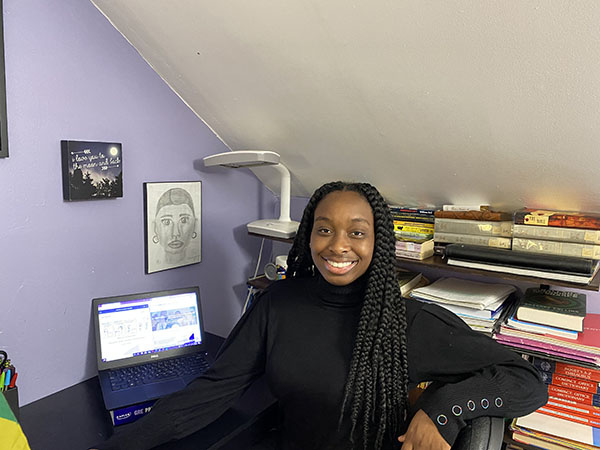
My primary project is on a health dashboard(report) for the boroughs of South East London. My part in this project is limited since this may take years to come to fruition, so I am tasked with helping create a foundational plan for the rest of the dashboard work. I am using logic models to create a framework of how future actions, programs, and processes can lead to the changes we would like to see in the health care system to reduce inequalities and improve overall health. The final goal is to present this report to health officials, in hopes that they will adopt the recommendations.
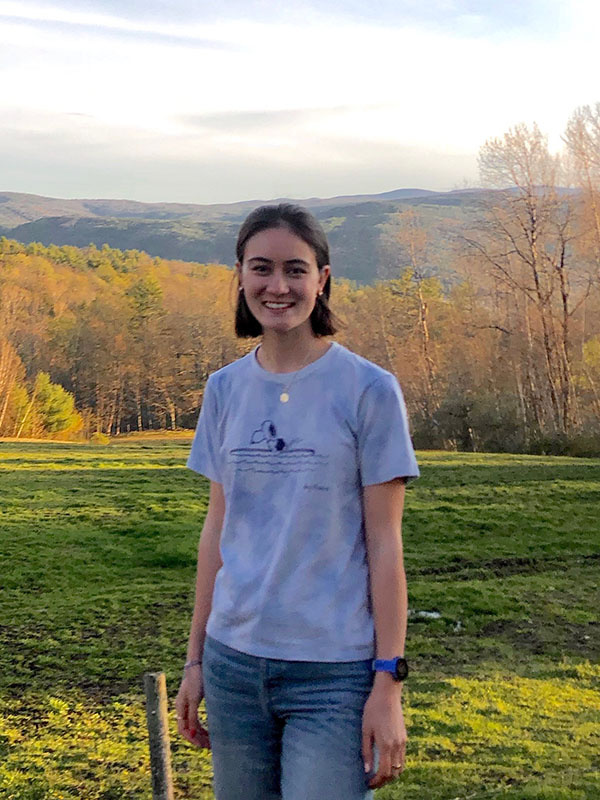
This summer, I am working at the University of Global Health Equity (UGHE), a health sciences university focused on equitable health care delivery based in Kigali, Rwanda. As an intern at the Center for Gender Equity (CGE) at UGHE, I am researching course materials for the Gender, Sexual and Reproductive Health track within the Master of Science in Global Health Delivery program. I have also been contributing to ongoing projects at the Center, such as research proposals and examining the impact of COVID-19 on sexual and reproductive health outcomes. Additionally, I am working with the mentorship program for students and distinguished leaders in global health. It has been very rewarding to learn about the innovative approach to health education and health care that UGHE takes, and to work with the incredible team at the university.n
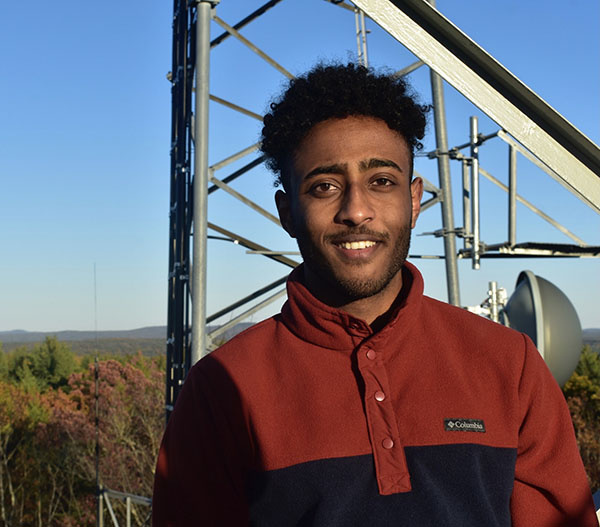
This summer I am working with Save The Children as a qualitative research fellow under the Emergency Health and Nutrition team. With the assistance of monitoring and evaluation specialists, we are currently conducting a study to better understand how Covid-19 has impacted family planning service uptake in Somalia, Syria, and Yemen. I have been engaging in interviews with health managers and advisors to better understand how facilities have responded to restrictions and obstacles brought on by the pandemic. With this knowledge, we are looking to roll out interviews with health providers to get a better understanding of how these same obstacles have impacted service users. We are planning to wrap up qualitative and quantitative analysis in the coming weeks and I look forward to seeing what insights and lessons can be learned from this study.n
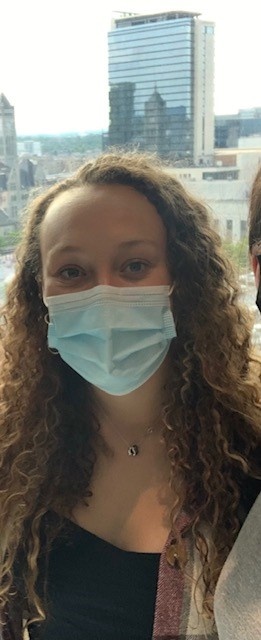
This summer I have worked on a project with the Kosik lab, which analyses the condensation and aggregation of Bag 2 and Tau proteins in a wide range of cell lines. This work is critical in discovering the pathway and function of Tau in cells, and how it can go awry, with the end goal of ultimately discovering therapeutics for Alzheimer's disease that can be distributed world wide.n
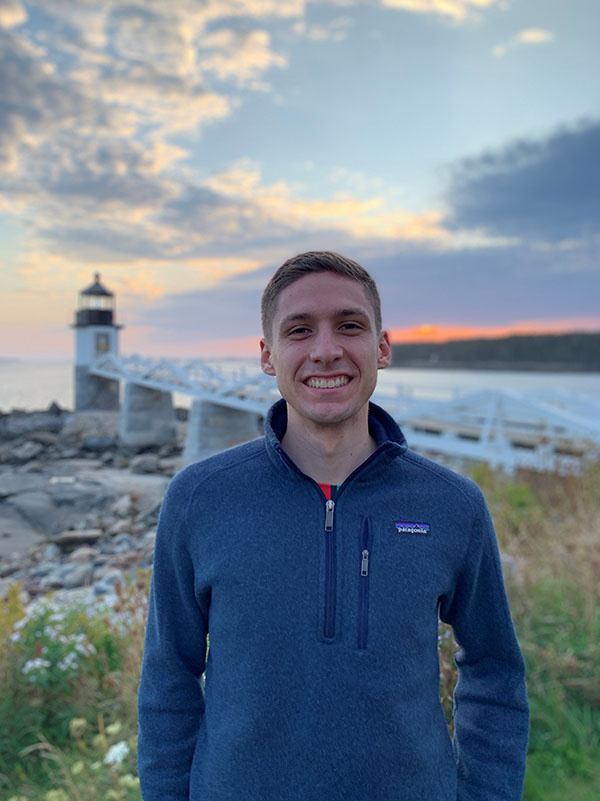
My name is Ryan Ixtlahuac, and I am interning with a global health NGO called Village Health Works that operates in Burundi. The organization strives to provide and support quality healthcare for those in Kigutu, Burundi, valuable educational resources, women's health campaigns, and sustainable food programs. As a member of the supply chain/procurement team my responsibilities include the organization of buyer/supplier contracts, the management of stock keeping units (SKUs) in a specialized procurement software, and the implementation of the organizational objectives in procuring everything from pharmaceuticals to vehicle spare parts. This internship has been a continual learning process, and I look forward to seeing the tangible impact of my work in the future.
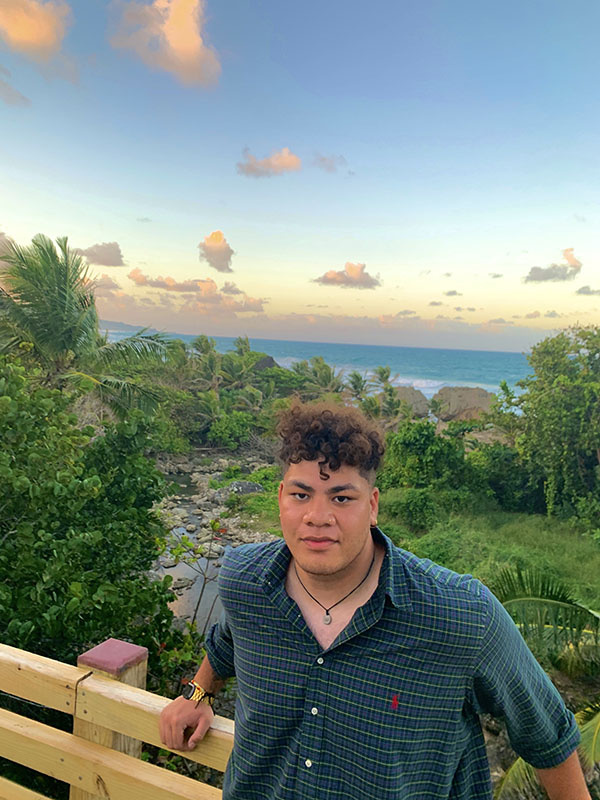
This summer, I am interning at The Touch Foundation, an NGO based in Mwanza, Tanzania where our work looks at providing better access to care and improving the quality of local health systems in sub-Saharan Africa through consulting services and the design and implementation of different health programs. I've been staffed on three different programs: informing the development of a vaccine literacy chatbot, designing a monitoring and evaluation framework for Touch's various programs, and creating an inventory system for our engineering department's medical technologies. This internship has given me the opportunity to strengthen my passion for global health while providing me insights into my future academic and professional endeavors.n
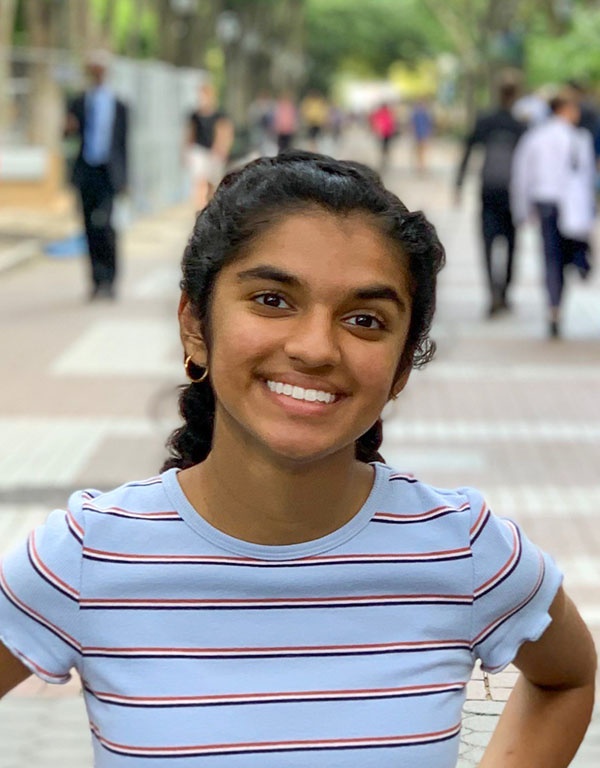
This summer I am working at the Reconstruction and Mechanics of the Middle Ear Lab in Mass Eye & Ear on a clinical study about conductive presbycusis, or age-related hearing loss due to middle ear dysfunction. Through various standard and high-frequency hearing tests, we hope to understand mechanisms of conductive presbycusis and how aging affects the middle ear. I am helping with subject recruitment and testing for normal and hearing loss patients. I am also helping with a meta-analysis about compliance of the middle ear system as it relates to age and gender. The experience has been educational and rewarding, and I look forward to continuing this project!n
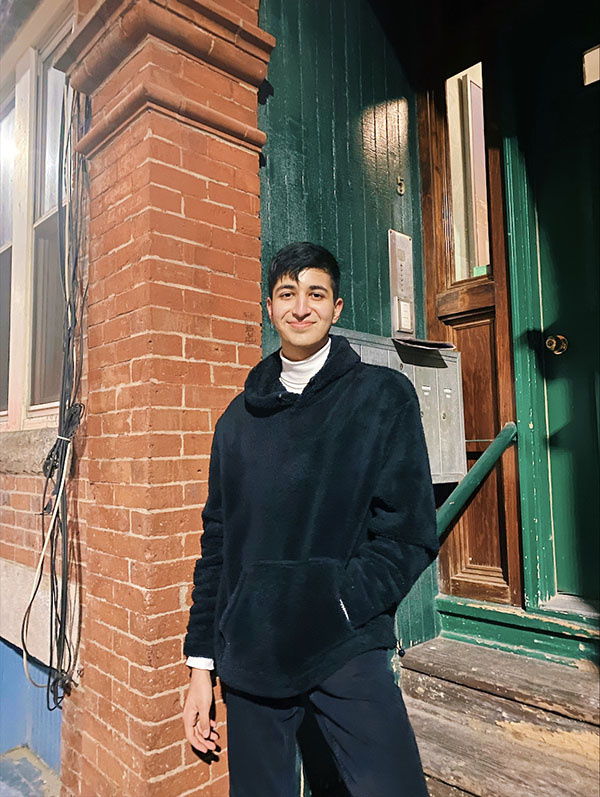
This summer, I've been working remotely with Health Leads, Californiau2013 an innovation hub whose efforts focus primarily on dismantling structural racism in healthcare and addressing systemic racial inequities that govern health status. Particularly, I've been helping to develop Health Leads' Beyond "Do No Harm" campaign, which centers around the harm perpetuated by tech-forward social-determinants-of-health interventions that have increasingly caught the eye of health systems in favor of those that have been championed by community-based organizations (CBOs) for decades. Spotlighting the community is of critical concern to Health Leads, so my worku2013from drafting project plans for the Beyond "Do No Harm" campaign to conducting interviews with representatives from healthcare and CBOs and writing pieces about the developments in this sectoru2013is no stranger to that mission. Interning with Health Leads has been an incredibly rewarding opportunity, and I'm immensely grateful to be able to cultivate my love for working directly with communities through this position.n
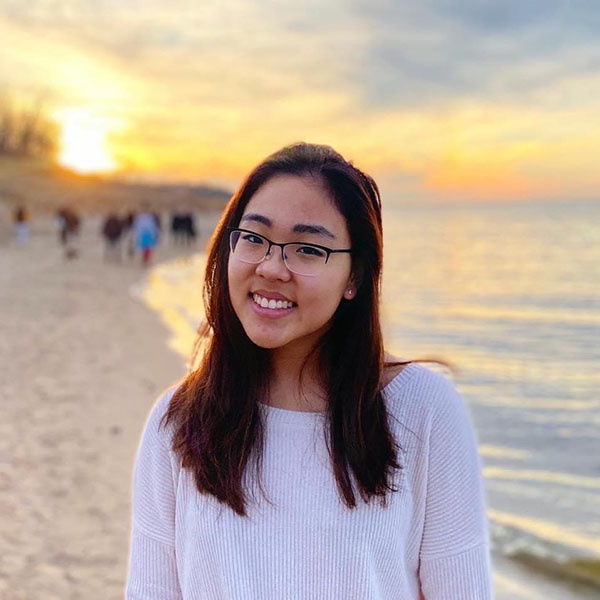
This summer, I have been working remotely with WeCancer, a healthcare startup based in Sao Paulo, Brazil, that focuses on improving outpatient cancer treatment to minimize unnecessary hospitalizations and discover complications in a more time-efficient manner. My role with the company has been largely multidisciplinary and tapped into my multitude of interests: oncology as a field of scientific research, medicine as a career path, global health impact as a central driving force, and healthcare consulting as a side passion. I have gained an incredible amount of knowledge about health equity in Brazil, including the implications of its universal healthcare system (SUS) and the tremendous disparities between the public/private sectors as well as across different Brazilian states. In working closely with nearly all twenty people on the team, I have grown to become especially grateful for WeCancer's immersive, welcoming, and endlessly supportive work culture, and am excited to continue shaping its value for patients, oncologists, and pharmaceutical companies throughout the remainder of the summer.n
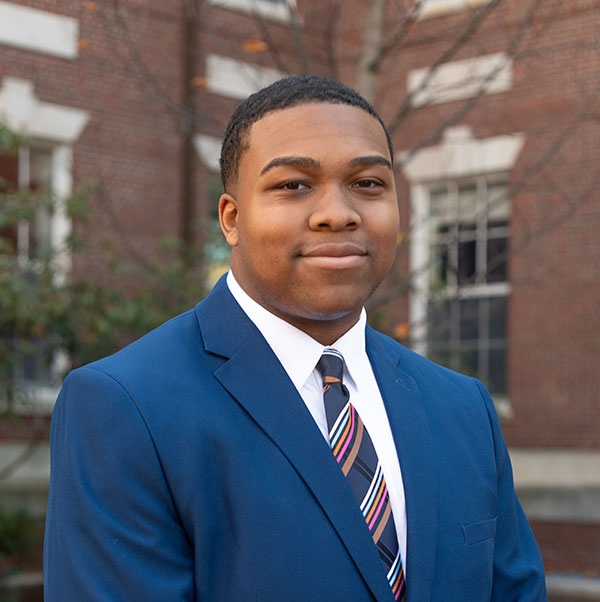
This summer, I am working in the Kaiser Permanente Bernard J. Tyson School of Medicine as an intern in the Office of Equity, Inclusion and Diversity (EI&D). My project has been to work alongside staff to develop curriculum for first and second year medical students. Specifically, I craft patient backstories that provide a more holistic view of identity and the role it plays in the health care setting. I also work on curriculum evaluation for incorporation of EI&D principles.
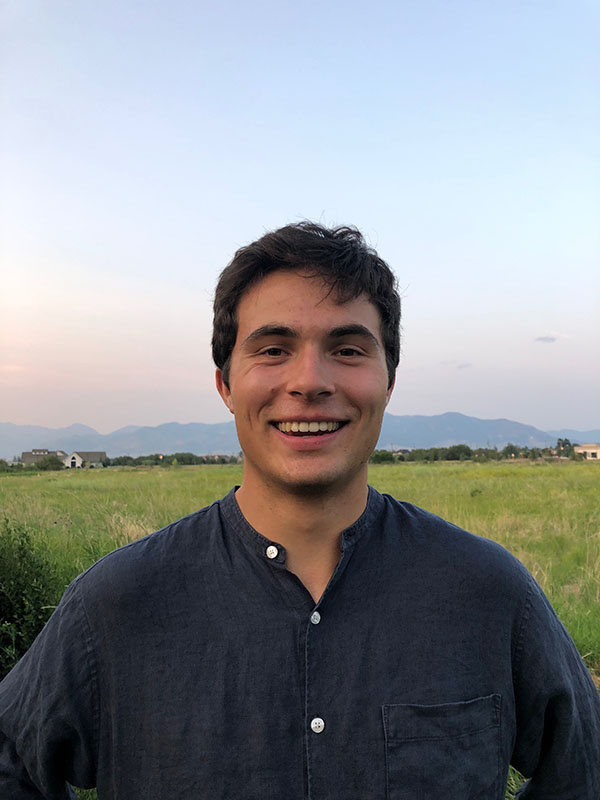
This summer, I'm working as a research intern for the Computational Epidemiology Lab under the guidance of Dr. Yulin Hswen. My project focuses on how city greenspace has changed in the last two decades across neighborhoods of different income levels and racial compositions. Increases in greenspace–whether it is trees lining a street, an urban park, or even grass in front of an apartment complex–have been linked to a host of human health benefits. My research aims to generate a better understanding of how cities are evolving in the 21st century, as an increasing number of people live in urban areas. Dr. Hswen has been a knowledgeable, passionate mentor and has made this internship experience incredibly valuable and interesting for me. I'm so grateful for HGHI's funding and support.
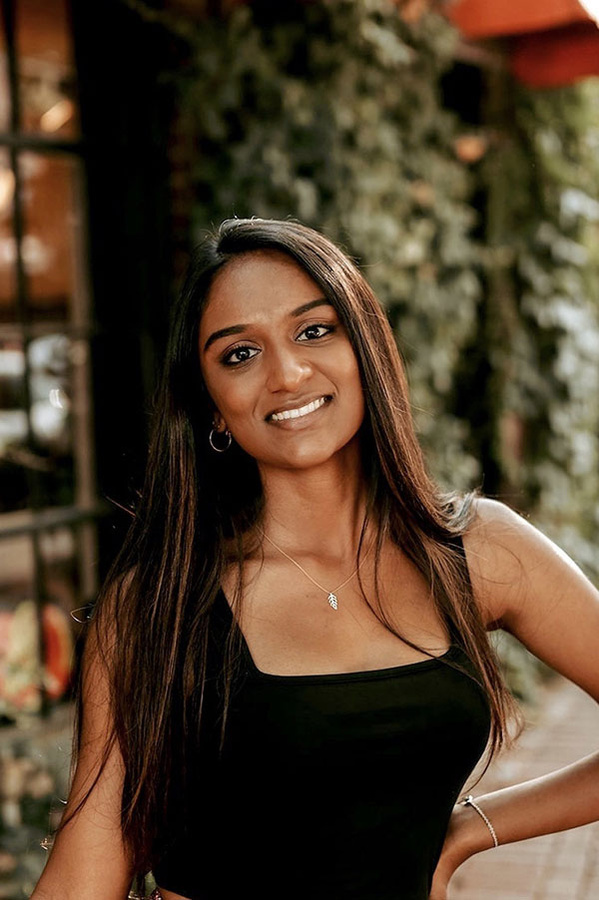
I am working with the SaveLIFE Foundation, an NGO based in New Delhi, India. Given that road crash fatalities are one of the leading causes of death in India, this organization works on improving road safety and emergency medical care throughout the country. Thus far, majority of road safety guidance has come from developed countries which largely fails to address issues faced by developing countries. Therefore, this summer, I am working on replicating and scaling the Zero Fatality Corridor (ZFC) model, one of the only road safety models based in the Global South. I am developing a framework which will allow the model to be seamlessly implemented in other low and middle-income countries that may experience similar infrastructural barriers to ensuring road safety.
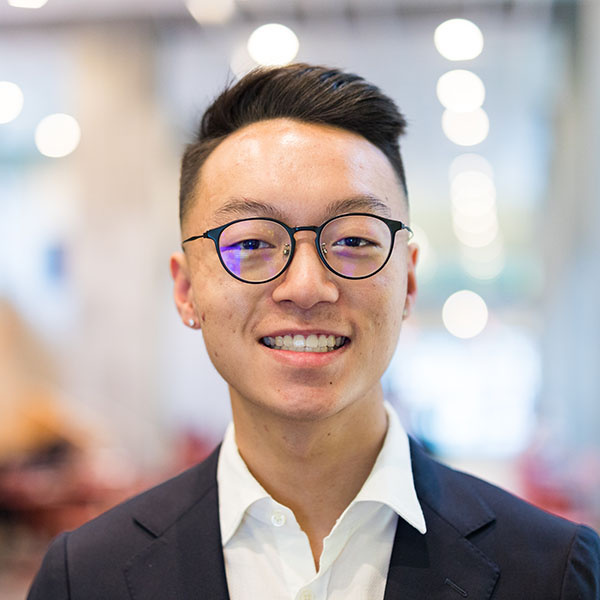
This summer, I've been using my data science & machine learning background to work on predicting pest infestation levels on cotton farms across India. This has been a hugely impact-driven & rewarding project so far, as crop loss from pests has historically been a serious agricultural problem and has unfortunately led to a high rate of suicide among small farmers. I'm working all across the machine learning pipeline, from data sourcing and pipeline construction to model construction, optimization, and validation. While I chose to work with more tabular data aggregated from multiple sources, there are also many fascinating deep learning and object recognition projects that other interns are working on, if you're interested in that. The team here has been wonderful to work with – they're highly knowledgeable, well organized, and super welcoming! I've enjoyed my day-to-day relationship with my direct supervisor, as well as the mentorship and guidance from senior researchers who have many years of AI research experience both in academia and industry.

Working for STAT this summer has been incredibly rewarding. They've seemingly mastered the remote internship format for journalism; my editor was providing active support throughout the pitching, sourcing, writing, and editing processes. The remote aspect did not seem to interfere significantly with my internship experience, for although I was unable to work in person, I was given the guidance and freedom to write on topics that expanded my breadth of health and medicine knowledge and deepened my appreciation for science journalism. From the lunch-and-learn events where members of the STAT community would discuss with the intern some critical facet of journalism to the check-ins in which I got a chance to meet more members of the community despite a remote setting to the kind outreach on the part of many community members just seeing if I needed help, I felt supported and engaged. This support network gave me the foundation to investigate topics that were interesting to me such as opioid crisis modeling and bioresorbable biotechnology. Furthermore, I'm walking away with skills in humanizing science news and making science news more accessible.
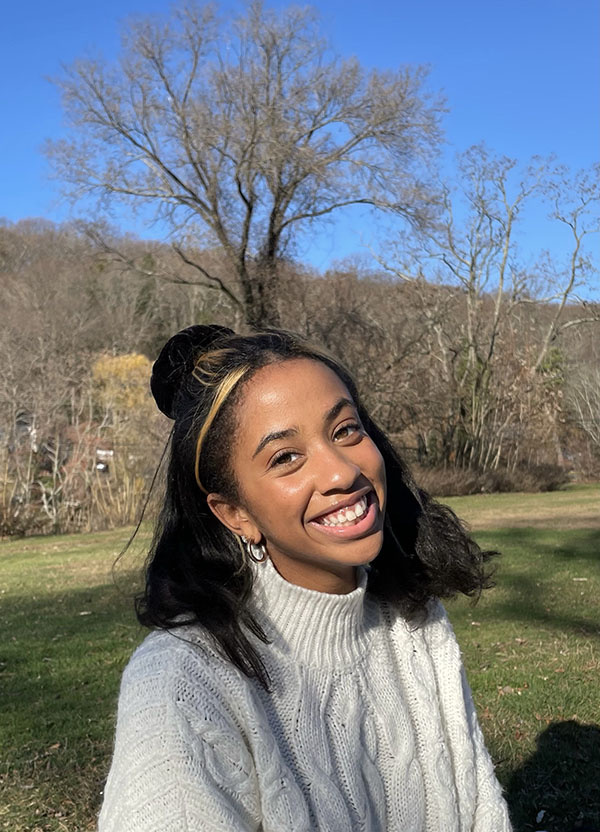
I am a rising junior concentrating in History and Science on the Medicine and Society track with a secondary in Global Health and Health Policy. I am interning at the University of Chicago Urban Health Lab this summer. During my time there, I have been working on their Critical Time Intervention Multisite Evaluation (CTIME) which aims to evaluate the effect of care coordination services for those who have serious mental illness and are experiencing homelessness. I have been conducting literature reviews, engaging with partners, assisting with IRB approval, creating a comprehensive platform for inter-partner engagement, and creating a manual of procedures for the piloting of this intervention with the aim of improving and supporting the housing stability of those who have serious mental illness.
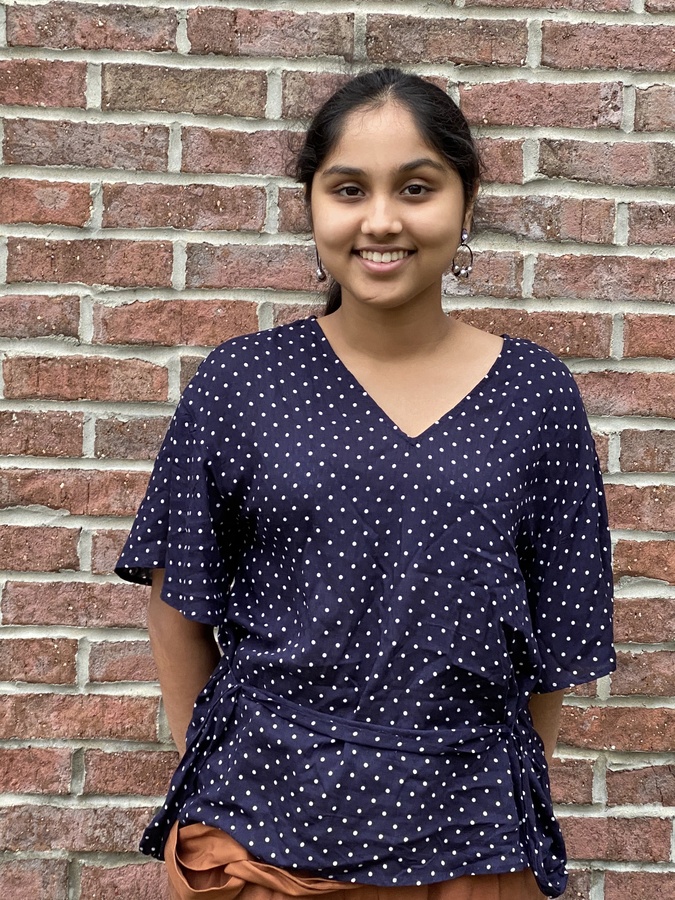
This summer I have had the incredible opportunity to intern at the Center for Quality Improvement and Innovation (CQII). CQII provides education and technical assistance on quality improvement (QI) for recipients of Ryan White HIV/AIDS funding to ultimately improve the viral suppression and overall wellbeing of people with HIV. At CQII, I have been involved in the create+Equity collaborative, an intensive community of learning of 71 sites nationwide that seeks to reduce inequities in care. I have created a benchmark report and data dashboards to summarize sites' performance. I am writing a literature review of experience-based co-design, designing a semi-structured interview guide to better understand how participation in the collaborative has impacted sites, and am providing logistical support.
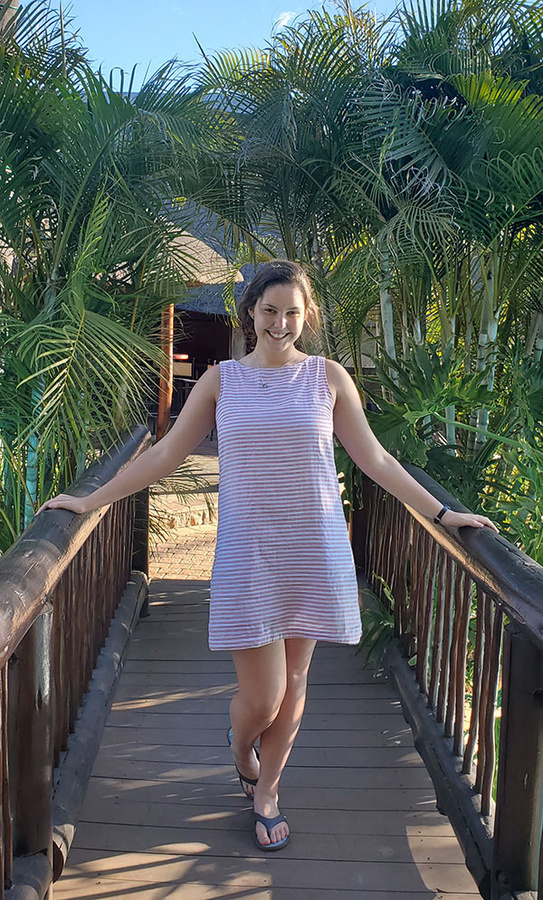
This summer, I'm interning with the UN Population Fund's Maternal and Newborn Health Team. Specifically, I am assisting with a project, which aims to reduce maternal mortality by ensuring access to a range of reproductive health commodities and comprehensive abortion care to the full extent of national laws. So far, I have consolidated data from over 50 countries on legal indications and programmatic work ongoing and will be writing several literature reviews on the topic. I'm really enjoying my time as an intern, learning so much about maternal and newborn health in general and what is being done on the ground to ensure women are provided their basic right to health.
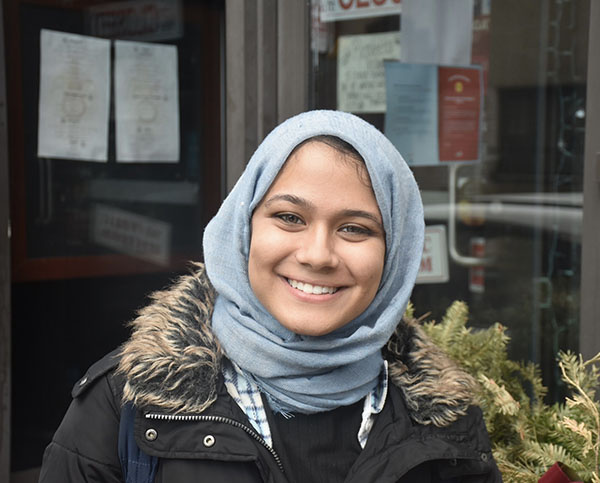
Working for the Multi-Aid Programs in Bekaa Valley, Lebanon, I am helping develop and support the Refugee Research Network. I provide hands-on support to prepare and conduct capacity-building research workshops for Syrian refugee students in higher education. These workshops are centered around the community-based participatory research (CBPR) model. Students are mentored to synthesize a research question, collect data, and answer that question. The goal of this work is to help ease MAPs students into the world of academic research and empower them to lead the charge in telling their own stories and writing about the challenges that impact their communities. In addition to this, I am also helping develop a working academic paper about existing CBPR models and the successes and failures of their application in refugee settings.

During my time as an intern for the Global Health Institute of the American University of Beirut, I have had the incredible opportunity to become involved with a wide variety of opportunities and projects. I began my internship by writing and publishing a blog article about the double burden of malnutrition in the Middle East/North Africa region. Since then, I have assisted with a key public health program that seeks to educate vulnerable female populations about sexual and reproductive health. Additionally, I have researched and updated a comprehensive regional COVID-19 timeline, the only of its kind that currently exists for the Middle East. My internship has provided me with invaluable experience in multiple sectors that I will carry with me throughout my future.
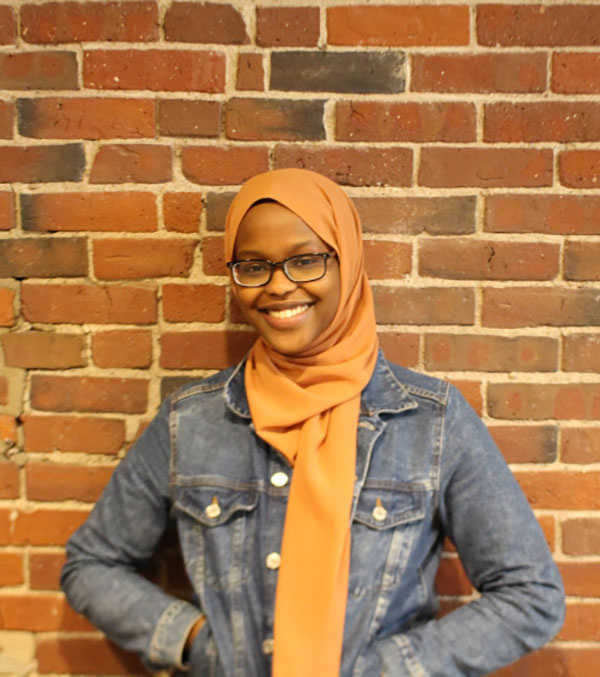
I am working as health research intern at King's Health Partners (KHP) this summer. I am primarily working on the Vital 5- reducing obesity, smoking, harmful drinking, controlling blood pressure, and identifying and improving poor mental health- to promote value-based healthcare. I am also doing Urban policy research with the London mayoral team and conducting mental health research with Mind & Body Programme at KHP.
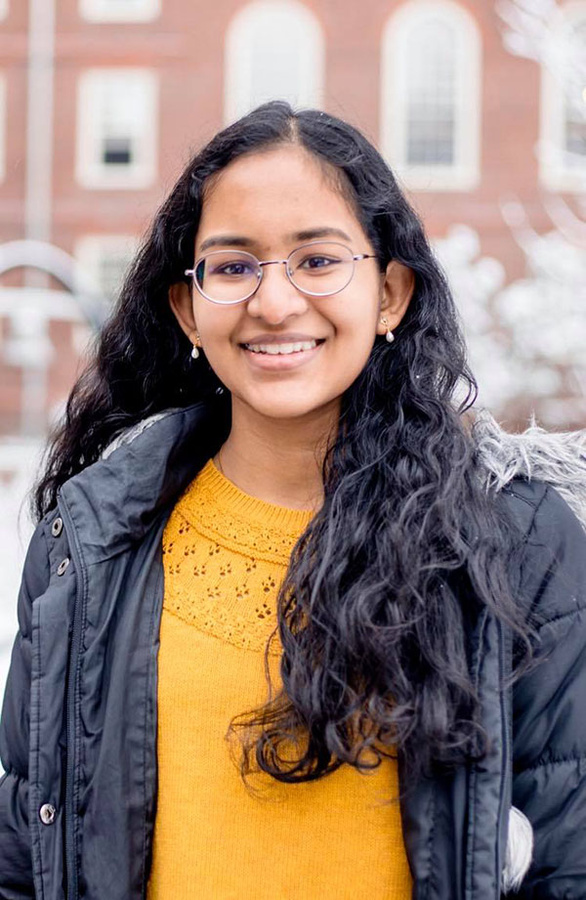
I am working with the LSHTM Violence Against Children (VAC) and Social Norms research teams this summer. My first project is to understand how children felt when asked about violence using responses from VAC surveys in Nigeria, Zambia, Zimbabwe, and Malawi. My co-intern and I learned to create a qualitative codebook and use mixed method approaches to analyze surveys. For another project, I am extracting data from quantitative papers to better understand how disclosure of different types of VAC is measured. Apart from these two projects, we are compiling descriptions of videos on digital media and family planning in Kenya and, later in the summer, I will create a conceptual framework for a grant to study cancer and violence. In addition to learning every step of the research and paper writing process, it's a privilege to chat one-on-one with different team members and learn from incredibly supportive mentors!
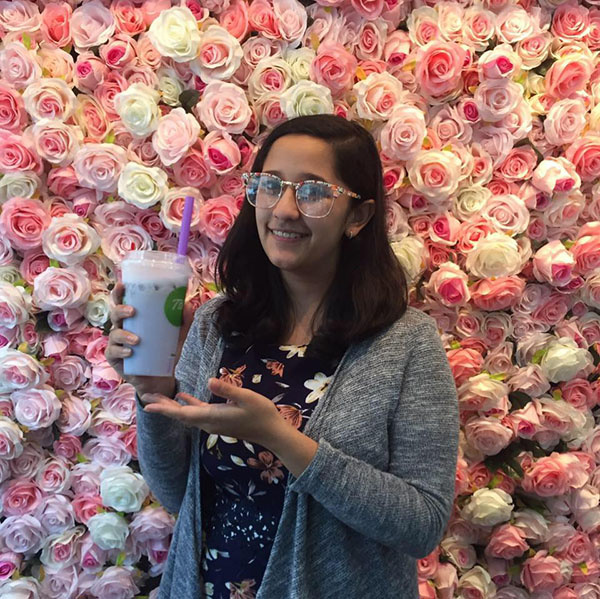
I've been interning at the Alter Lab at the Ragon Institute. We focus on immunology research and its public health implications. Our research contributes to vaccine and diagnostic development for a variety of diseases, including HIV, Tuberculosis, Lyme Disease, and of course, COVID. Currently, I'm working on two main projects. Firstly, I'm exploring how non-CoV-2 immune responses (e.g. to flu, CMV, Ebola) are impacted by COVID infection. To this end, I'm performing and analyzing ADNP/ADCP/ADCD assays in the lab to test the degree of immune activity in COVID / non COVID patient samples. Secondly, I'm exploring diverse characteristics of Tuberculosis (TB) antigens to help find a widely expressed protein for use in a novel TB vaccine. To this end, I'm performing analysis in R and Python on historical lab data.

This summer, I am interning at the University of Global Health Equity, a university based in Rwanda that offers unique interdisciplinary learning experiences to budding global health leaders. As an intern for the MGHD Program and Office of Student Services, I am conducting background research and assisting in the production of career resources for UGHE alumni. Additionally, I am working with the MGHD team to research course materials and create an online course curriculum for their Professional Development Program. It has been an enriching experience thus far working with such an incredible team and aiding in the growth and progression of UGHE!
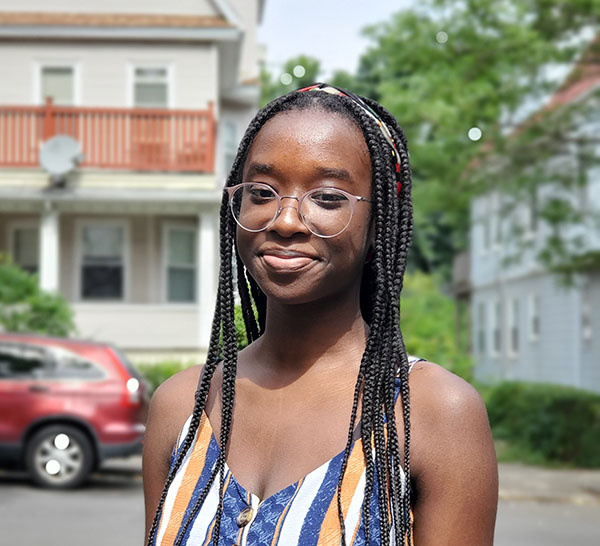
This summer, as a Quantitative Fellow for the Emergency Health & Nutrition team at Save the Children, I have been working on a retrospective study, analyzing how the COVID-19 pandemic has impacted access to family planning services in Syria, Yemen, and Somalia. Particularly, I am helping to investigate why the access, overall, wasn't impacted as expected. My role so far has consisted of conducting quantitative analysis of family planning, demographic, and COVID-related data from the past few years in R and helping my team prepare a guide to interview healthcare workers in our countries of interest based on my analysis.
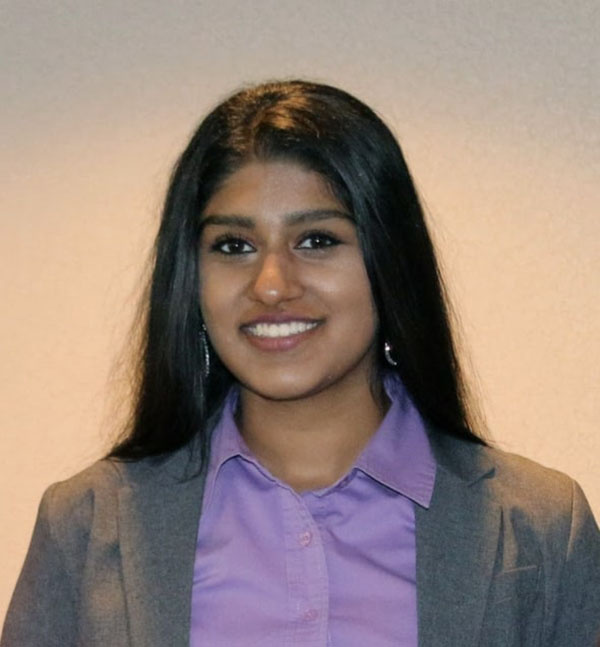
This summer, I am working at Sangath, an NGO with teams in Goa and Bhopal India who are working towards improving access to mental healthcare and decreasing the treatment burden of mental health in India. I am specifically working on a project called TransCare which seeks to understand the experiences of trans peoples, and particularly their experiences with the healthcare system before, during, and after the pandemic with a focus towards access to mental health care and support. The project is especially unique and important as it uses community based participatory research to ensure that research is co-created with the transgender community.
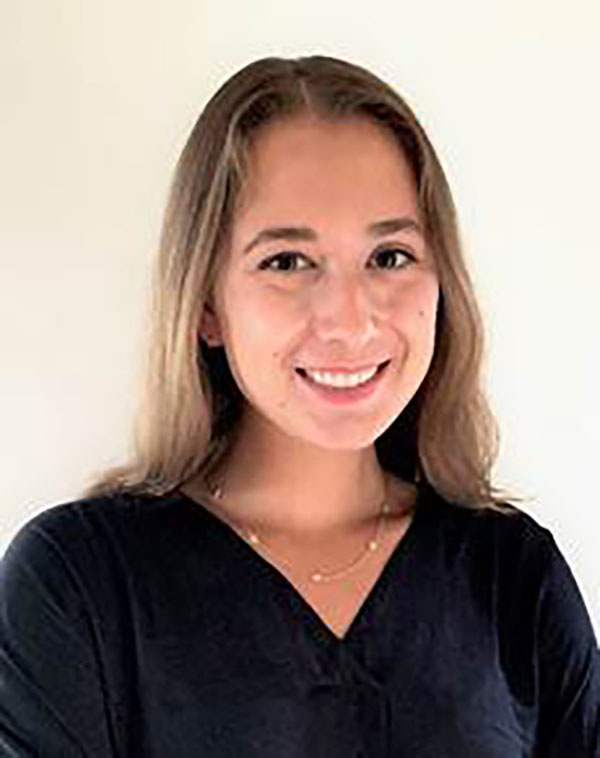
This summer I am excited to be interning with the World Resources Institute, a global research organization that develops practical solutions to improve people's lives and protect the planet. As the Sustainable Diets Intern in the Food Program, I am working on a project researching sustainable dietary behavior in China, focusing on interventions to slow the growth of beef consumption due to its damaging impact on the environment. Specifically, I will be reviewing existing literature on dietary patterns and behavior change interventions in Asia, identifying and analyzing relevant datasets, and convening key researchers, practitioners, and non-profit and business leaders with related expertise.
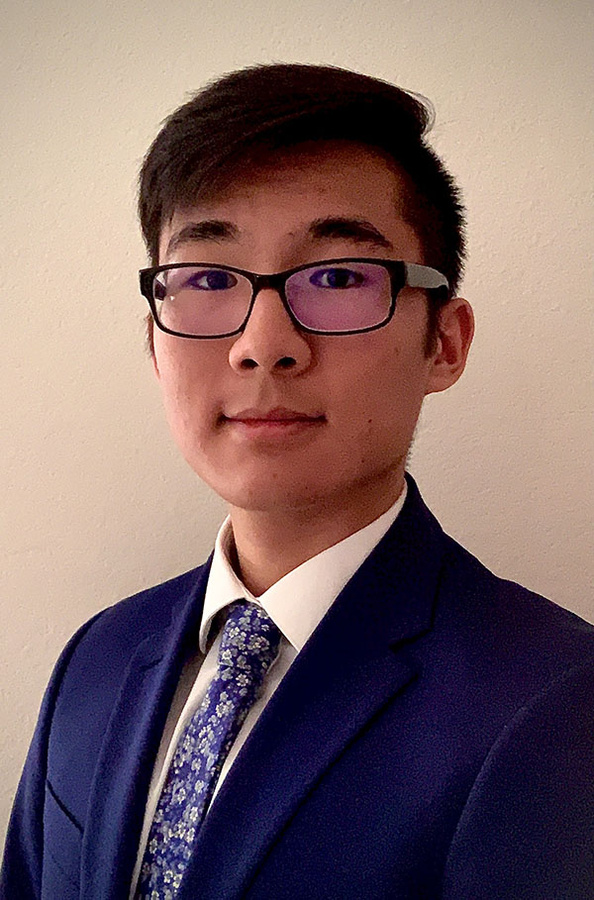
Working as a summer research intern at NIH Fogarty, I have been given the opportunity to work with SARS-CoV-2 sequences and reconstructing viral transmission history through building phylogenetic trees and establishing infection relationships and seeding events. I am currently working on four projects, three exploring viral transmission patterns in Cote d'Ivoire, Mexico, and Uruguay, as well as one investigating VOI/VOC lineages in Mexico. These projects have allowed me to apply my skillset and understanding from statistics courses into a public health field, using both ML and MCMC/Bayesian methods to understand infection patterns. So far, I have begun writing manuscripts for three projects and began the data cleaning process for the fourth project, Uruguay. Our research focuses on transmission patterns and will offer retrospective understanding of lineage and infection origins, as well as offer guidance for future government protocols in transmission mitigation.
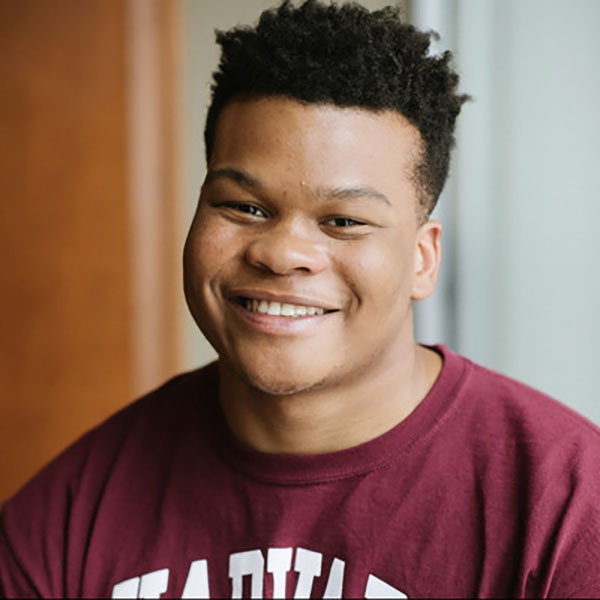
This summer, I am interning with the Strategy Group of England's National Health Service (NHS), which is the branch of the organization responsible for informing nationwide healthcare priorities and decisions. So far, I've found myself splitting time between a few different projects, with most of my work being focused on the Strategic Insights Team's "Patient & Public Insights Project," which has tasked me with combing through data, surveys and polls to analyze trends in patient satisfaction in the UK and globally both before and during the COVID-19 pandemic. Additionally, I've been helping the Health Inequalities team evaluate various funding bids for startup preventive health programs across England.
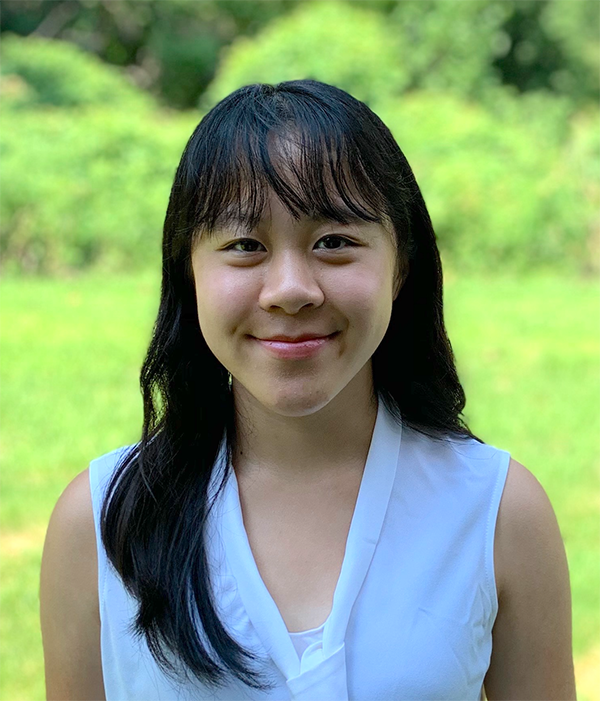
This summer, I am interning with the COVID-19 Scenario Modeling Hub, a multi-institutional collaboration that combines multiple models to project six-month-ahead (long-term) U.S. cases, deaths, and hospitalizationsu2013under four defined scenarios. I work with other group members to ensemble component models using linear opinion pool and quantile aggregation methods and generate figures for our public website as well as reports for stakeholders including the CDC. I am also evaluating past rounds of projections, using statistical methods found in fields ranging from epidemiology to climate forecasting and decision science.
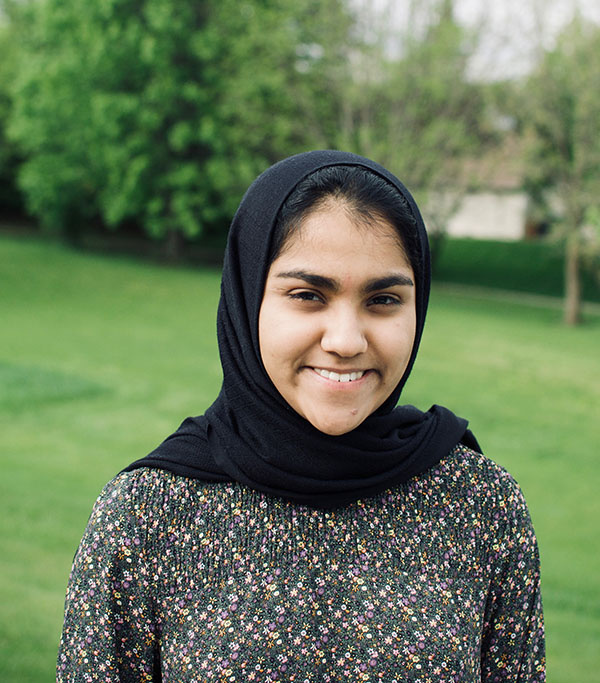
I am a research intern on the Reducing Opioid Mortality in Illinois (ROMI) project, which is a trans-NIH effort to improve prevention and treatment strategies for opioid misuse and addiction and to enhance pain management. UChicago is one of 10 research hubs studying evidence-based medications, behavioral interventions, digital therapeutics, and comprehensive patient-centered treatments. In the process of assisting with the research and implementation for this study, I have learned a lot about the state of the opioid crisis in America and especially in urban pockets of the country. I've had the opportunity to learn how the criminal justice and healthcare systems intersect, and have learned how vital it is that social workers, scientists, and physicians alike are given platforms to shape policymaking that impacts the treatment of opioid use disorders. Thus far, my primary responsibilities have been coding surveys that participants in the study will take, editing IRB forms to distribute to our partners and research sites, and attending implementation meetings in preparation for the quantitative and qualitative research that our team will conduct at jails, prisons, and other related facilities. I have also immensely enjoyed getting to hear the perspectives of all of the committed and passionate team members invested in improving outcomes for those who experience substance use.
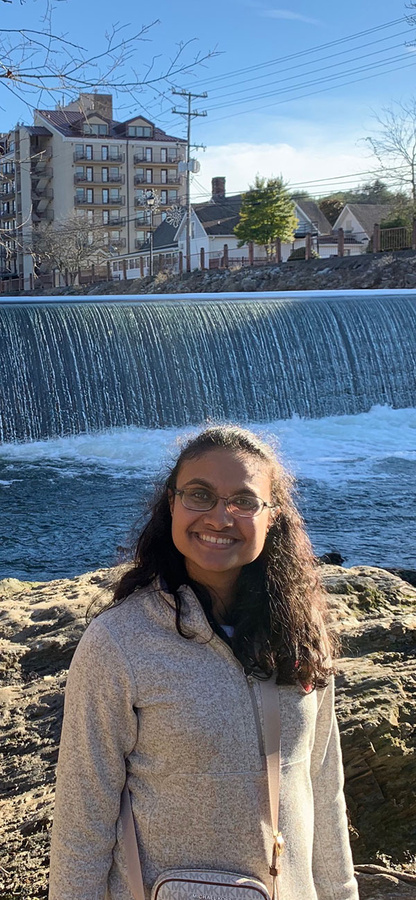
This summer, I am interning virtually with Sangath's Addiction Research Group, working on their IMPRESS project (Implementation of Evidence-Based Facility and Community Interventions to Reduce Treatment Gap for Depression). I am working on multiple aspects of this project: 1. I am developing e-course training materials and scripts to equip community agents with a mental health background to break down treatment barriers in the community, 2. I am spearheading a systematic review on mental health help-seeking interventions to help inform IMPRESS, and 3. I am crafting guidelines and schedules for the planning of the annual, worldwide INEBRIA conference. Through these experiences, I have deepened my understanding of community-based mental health interventions and the complexities behind the shifting of mental health perceptions in the community.
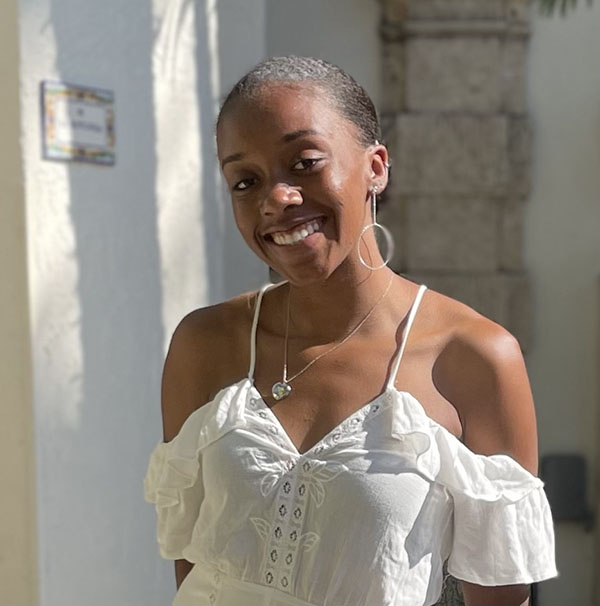
This summer I'm interning with Mass Eye & Ear in collaboration with the Wyss Institute for Biologically Inspired Engineering. Our work mainly focuses on developing direct, more effective treatments for common ear infections, like otitis media. We're currently using diffusion assays as a model of the ear's tympanic membrane to test the permeability of liposomes loaded with an endolysin, which have been found to fight the bacteria that causes otitis media. In addition to this, we're further investigating the use of different hydrogel formations loaded with ionic liquids and antibiotics or steroids as another way to directly treat the same types of infections.
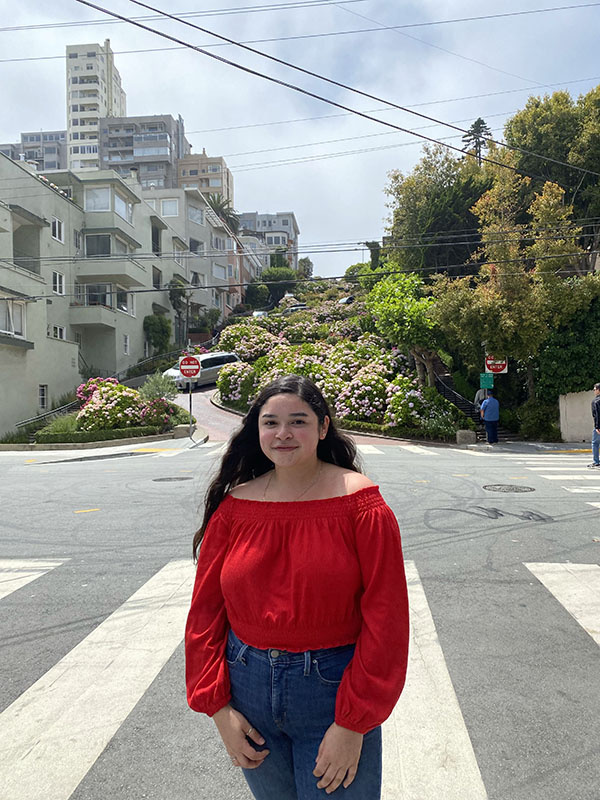
This summer, I have had the opportunity to work at the Kaiser Permanente School of Medicine, a new medical school in Los Angeles that places a strong emphasis on community engagement and public service. During my time here, I have been working on two projects regarding Service-Learning and Global Health. I have done extensive research on existing service-learning literature, which will provide background information for a scoping review being written by the Service-Learning team. For my project on Global Health, I have done research on global health programs and publications so that the school can develop its own program to provide international opportunities for their students, as well as longitudinal support for international communities. I have already learned so much from the faculty and staff, and I am so grateful for this opportunity to learn about how medical professionals can best support the communities in which they work.
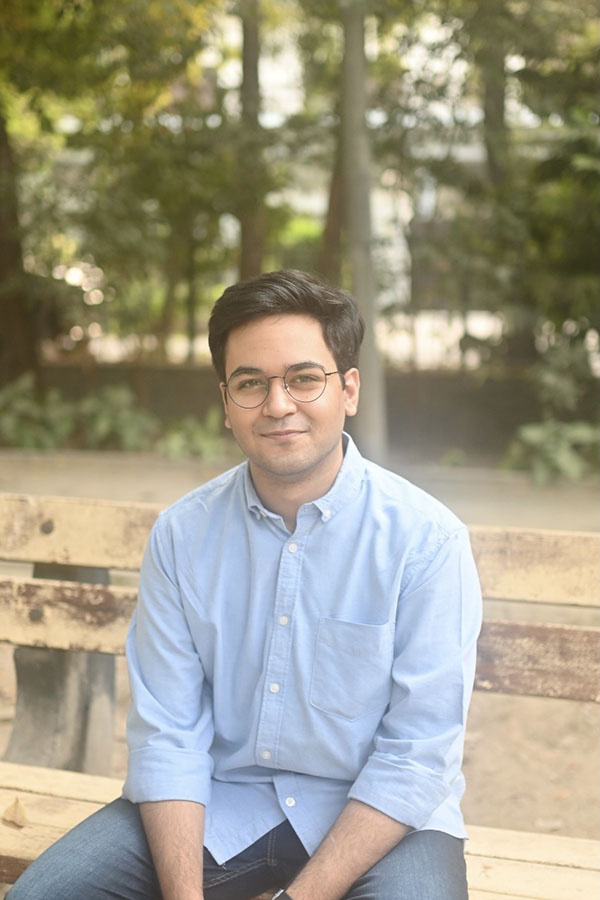
I have been working at the Ministry of National Health Services, Regulation and Co-ordination, Pakistan under an Asian Development Bank Project aiming to establish disease surveillance units for COVID-19 surveillance and monitoring in Pakistan. Specifically, I assist the National Technology and Innovation Advisor to the Ministry in researching on decision support frameworks for disease surveillance, response and containment across the world and especially in the context of emerging economies. Based on this research, our team identifies parameters in Pakistan to inform policy responses that are then instituted on a national and regional level. I have been responsible for drafting policy memos and briefs based on primary and secondary data analysis, as well as original research.
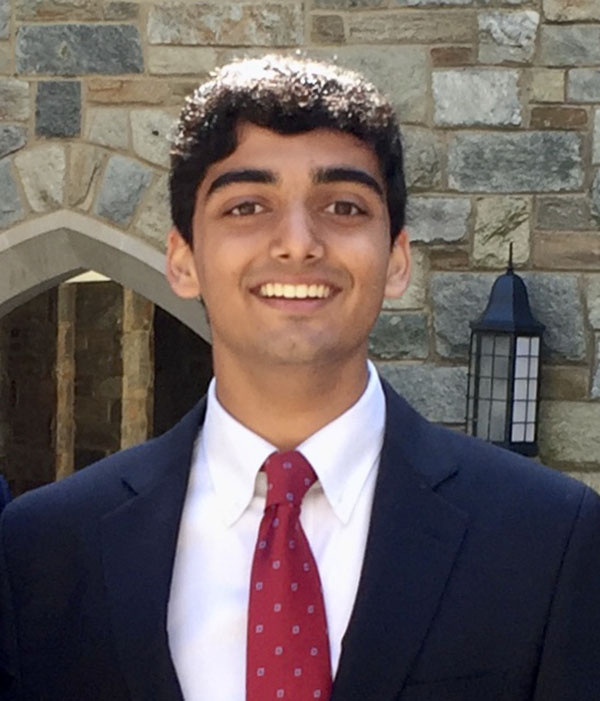
My work this summer focuses on the impact of the COVID-19 pandemic on the individual health insurance marketplace in California. We are exploring how the public health crisis may have contributed to enrollment changes either directly, by increasing demand for health coverage, or indirectly, by increasing unemployment. I am focused on evaluating the relationship between changes in unemployment and enrollment in the individual marketplace. As employer-sponsored health insurance forms a substantial share of the overall market, large shifts in employment could affect the individual insurance marketplace. We are particularly interested in potential heterogeneity in the relationship between job loss and marketplace enrollment by race and income. We will evaluate the impact of pandemic shocks and policy interventions on the marketplace by analyzing enrollment data at the individual, county, and statewide levels. Utilizing econometric methods, like regression discontinuity design and difference-in-differences analysis, will help establish possible causal relationships between variables of interest.
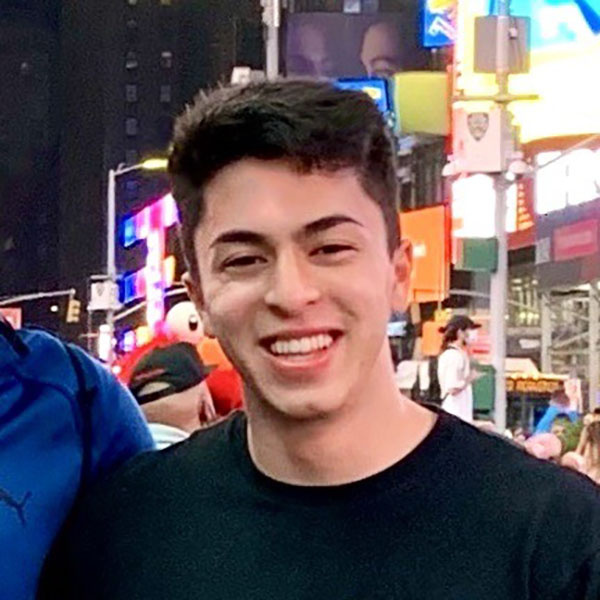
This summer I'm working with HGHI as their communications intern. I've been helping to compile newsletters, spread awareness about the organization's relevant work, and manage social media accounts. Being exposed to different global health publications and university-sponsored events has taught me a lot about the intersection of science/medicine and the populations they serve. HGHI has also shown the importance of inclusive communication in public health, especially regarding global challenges like the COVID-19 pandemic. Carissa, Luke, and the rest of the team have been very helpful so far and I'm looking forward to working with them in the coming weeks!
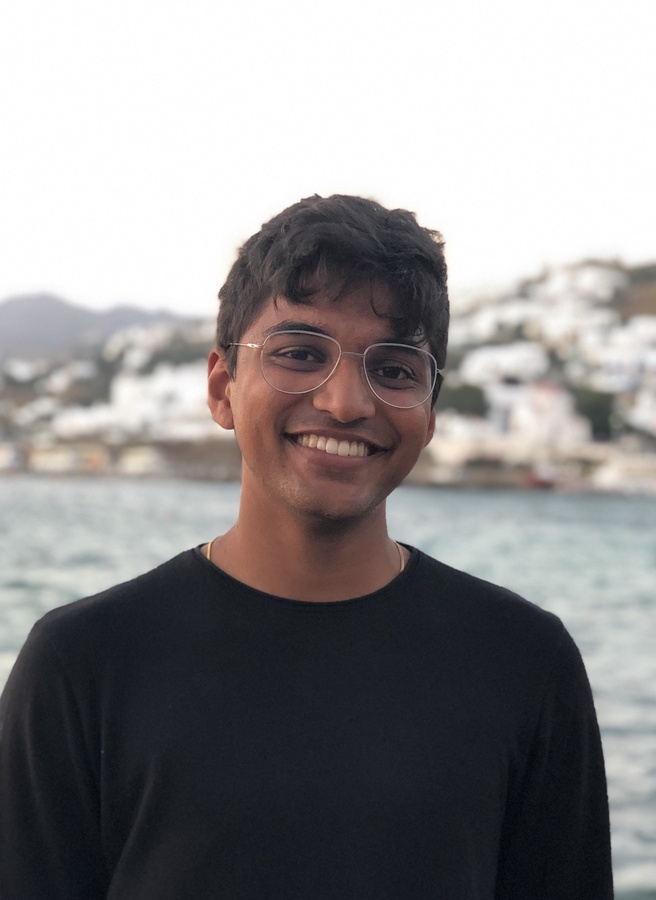
This summer, I am working remotely with the VHL Alliance, a nonprofit dedicated to providing resources and support to patients of Von Hippel Lindau disease and their families. As VHL is a rare disease, many patients struggle with the diagnosis and understanding their treatment options. My work is primarily focused on creating a decision guide for patients and their support system to be as informed as possible as they begin to make choices about their care. I am excited to have the opportunity to work with the amazing staff at the VHLA and learn more about these important decisions.
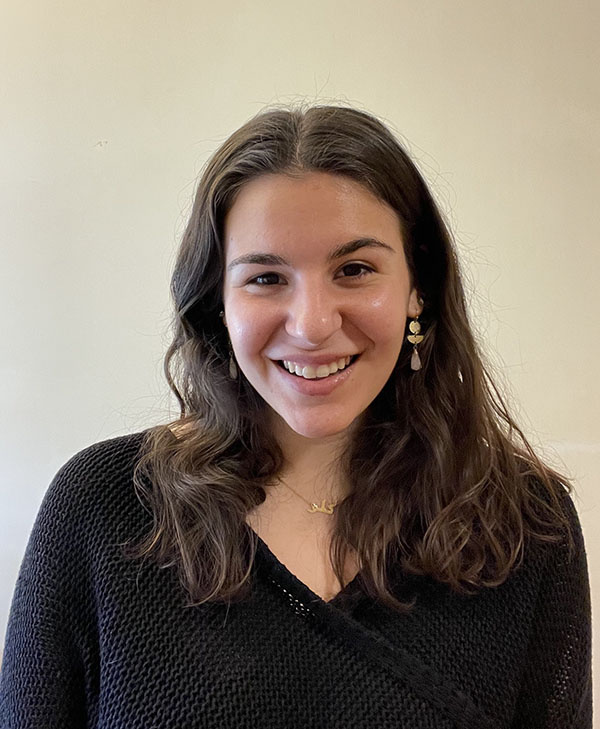
I came to Brady with some previous exposure to the area of gun violence prevention, but watching progress being made and setbacks being overcome in real time in states, cities, courts cases, Congress, etc., is an unbelievable experience that I would not have been able to get anywhere else. Brady has many teams and departments conducting important work, and my home for the summer has been the crime guns team where we focus on the supply side of gun violence. My team works in a multitude of different ways u2013 litigating, researching, community organizing, writing policy u2013 to try to stop the flow of crime guns and keep Americans safer.
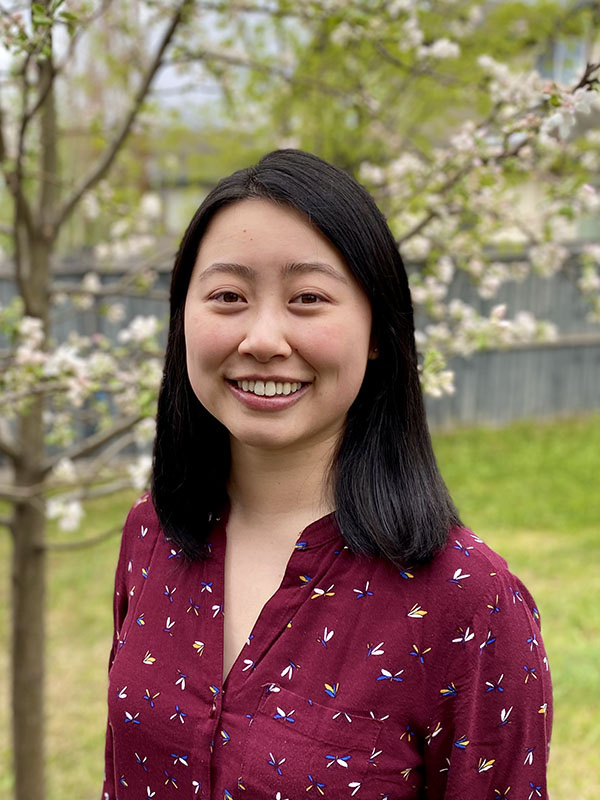
This summer, I am working with the Innovation and Digital Health Accelerator (IDHA) at Boston Children's Hospital. From early stage vendor research to pilot program implementation, I have had the opportunity to engage in multiple projects over my internship. While my work in the space of digital therapeutics has involved hands-on product research and company interviews, I have also been attending many team meetings to learn about exciting efforts in remote patient monitoring and virtual visits. These experiences have allowed me to meet people across different departments and develop a broader understanding of how hospitals work to advance patient care. I am very grateful for the support of my wonderful supervisors at IDHA.
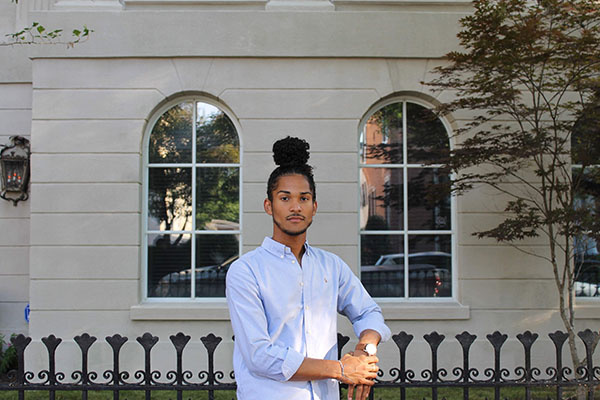
This summer at Fenway Health I have the wonderful opportunity to be this year's Policy and Advocacy intern. In this role I am conducting clinical and legislative research to support Fenway Health's priority legislation and AIDS Action programming. I have been the lead researcher and designer of a comprehensive guidebook for Fenway Health's Activist Academy which is a fellowship program designed to equip community members with tools to advocate for, inspire, and enact change in legislative, social, and clinical arenas surrounding HIV and AIDS. I also have been able to take lead in programming and executing a webinar series called "The People's Sex Ed," which is open to the public and discusses sexual health as it pertains to people living with HIV (PLHIV), trans and nonbinary folks, younger school aged children, and other issues like white supremacy and misogynoir. I have learned so much about the intricate webbing of issues that affect health outcomes of PLHIV including sex education, drug use, houselessness, stigma, and sex work. All of these are political and social issues that we interact with in our day to day and my experience so far has been rewarding, as I reflect on the work that I am doing to help turn the tide.
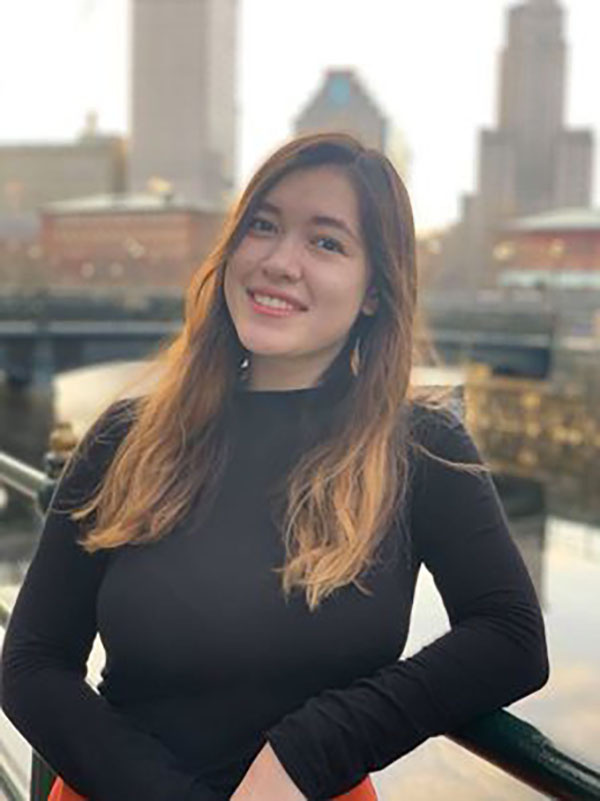
Working with the London School of Hygiene and Tropical Medicine's (LSHTM) Gender Violence and Health Centre has been a life-changing opportunity that has broadened my perspective on policy-driven gender violence research and interventions. This summer, I had the privilege to work on three main projects with the Violence Against Children (VAC) and Social norms research teams. In the first project, my co-intern at I are utilizing mixed-method measurement tools to analyze survey responses addressing how children feel when being interviewed about violence. For the second project, I am qualitatively investigating the intersection of digital media usage and family planning for the online to offline norms diffusion project for young women in Kenya. The last project closely aligns with the second project as it involves writing descriptions of intervention episodes (that were beautifully crafted) that address social norms and family planning. Despite the virtual nature of this internship, I have received immense support, guidance, and opportunities from the supervisors and fellow researchers to contribute to and learn about new topics and methodologies pertaining to public health, academia, the formative research project, and my interests. The researchers are exceptionally warmhearted and brilliant; It has truly been an honor to hear about all of the members' tremendous passion, impactful work and myriad of experiences. I look forward to seeing how each project will unfold over the summer and to interacting (hopefully in person) with all of the team members in the future!
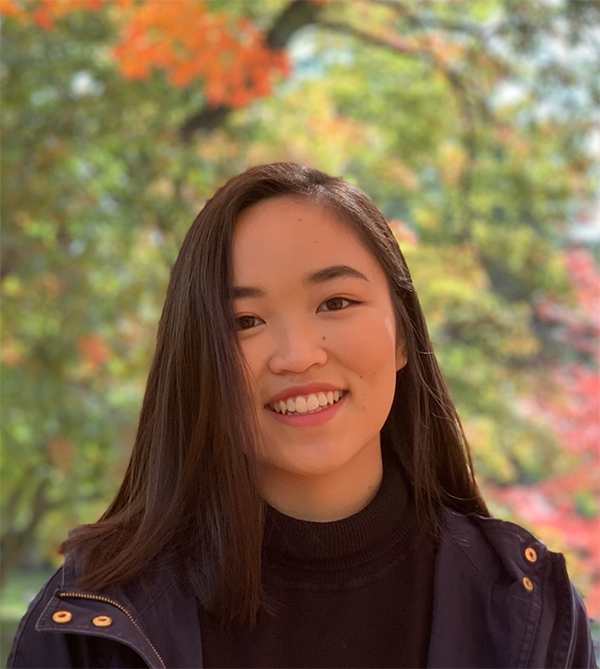
This summer, I am interning at the UCLA Art & Global Health Center. I have been primarily working to support Through Positive Eyes, a photography storytelling project for individuals living with HIV/AIDS to fight stigma. Additionally, I have been helping with a social media campaign that we are hoping to host with UNAIDS to celebrate long-term HIV survivors. Lastly, I am working to increase the accessibility of the center's videos about sex-education and from those living with HIV/AIDS through captioning the videos. I really love working with such a passionate and advocacy-oriented team.
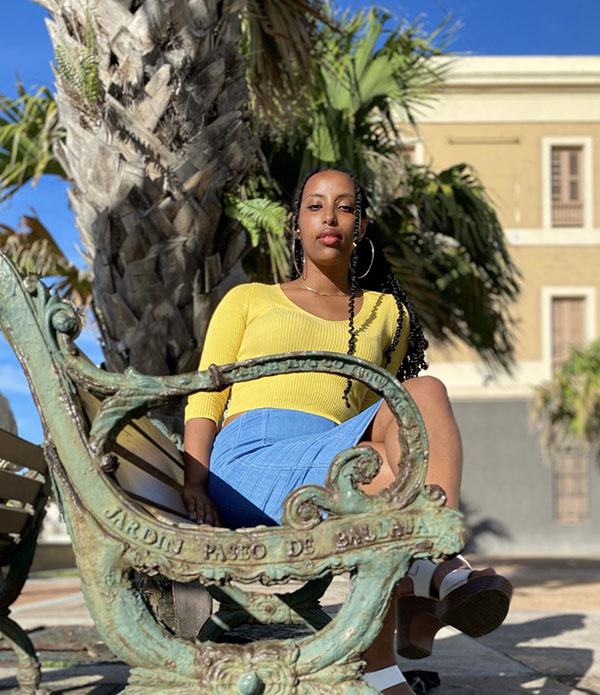
This summer, I'm interning with Partners in Health Engage and helping plan Training Institue which takes place at the end of July. TI weekend brings together 50+ PIHE teams and 250+ attendants from across the country, Mexico and Peru for a year kickoff; I've been helping organize the weekend and working through specific engagement and participation projects so that Engagers can meet each other, extend their networks, develop organizing skills, and get re-energized for a new campaign year. It's been a delightfully challenging and healthy work environment where I've gotten to take readings on organizing, discuss them with my intern team, and apply that to my projects.

My experience with the Los Angeles County Department of Public Health, Substance Abuse Prevention and Control Division has transformed my understanding of public health, as well as the substance use disorder (SUD) treatment and recovery field. As an intern, I have analyzed pending legislation on drug decriminalization and assessed policies' impact on underserved communities, health equity initiatives, and substance use treatment systems. I have also formed legislative proposals on contingency management and harm reduction services for implementation within the LA County legislative agenda. The SAPC team is committed to creating an educational and enriching environment and always offers opportunities to discover more about the public health landscape.
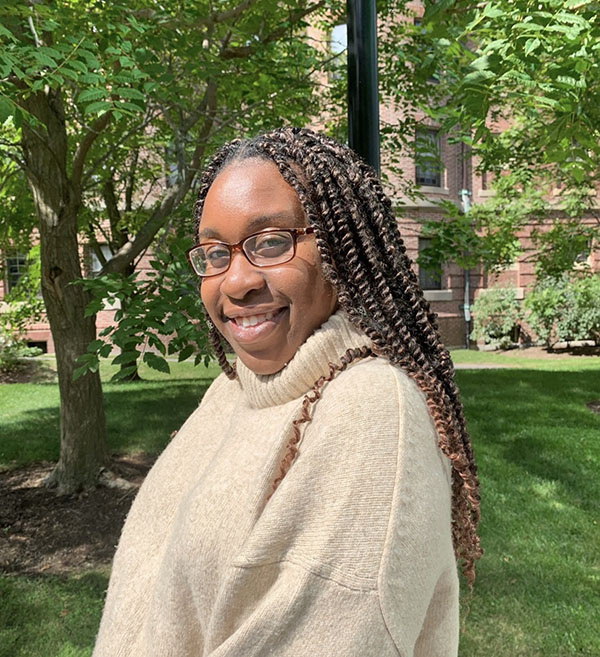
Hello! My name is Toochi Uradu and I work as the Programs Intern for the Harvard Global Health Institute. My main role is to support our Programs team with administrative and technical tasks. I have had the opportunity to help organize and support work around HGHI's LEAD and Burke Fellowships and I also perform literature reviews and research to support our vaccine equity work.
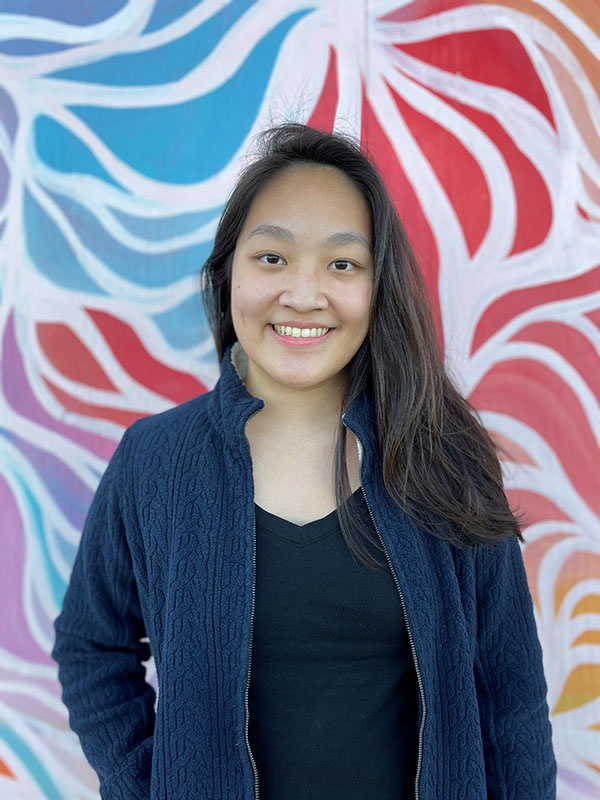
This summer, I am supporting the writing and thought leadership development for a paper by the American Academy of Pediatric's Telehealth Equity Working Group focused on creating standards and guidance for hospitals and other institutions interested in measuring digital health equity through dashboards. I am conducting literature reviews, conceptualizing visualizations, and writing, as well as attending broader IDHA meetings. I have learned a lot about barriers to healthcare equity and how dashboards are utilized and developed. It has also been such a great experience to learn more about IDHA's initiatives and how they function to support the hospital as a whole!
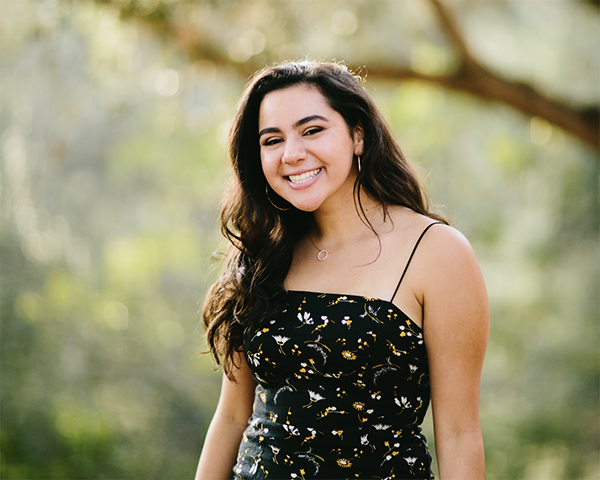
My internship at Lumiere Health has been everything I hoped it would be. I have been able to combine the fields of consulting, business administration, health advocacy, international diplomacy, and professional research during my time at the company. Through partnerships with UN Women Zimbabwe, the Weill Cornell Hospital, NeedyMeds, and immigrant's rights lawyers, I am able to make a measurable impact in the fields I am most passionate about: health advocacy, women's rights, and migrant's rights. I have worked on developing financing solutions for international NGOs, providing prescription drug access for forced migrants, advocating for health equity for women and immigrants, creating sell-sheets and effective presentations, and directly meeting with our partner organizations. The work at Lumiere is project-based, and through both independent research and team-collaboration we problem-solve to support these partner-organizations in enacting a genuine impact on health equity and accessibility.
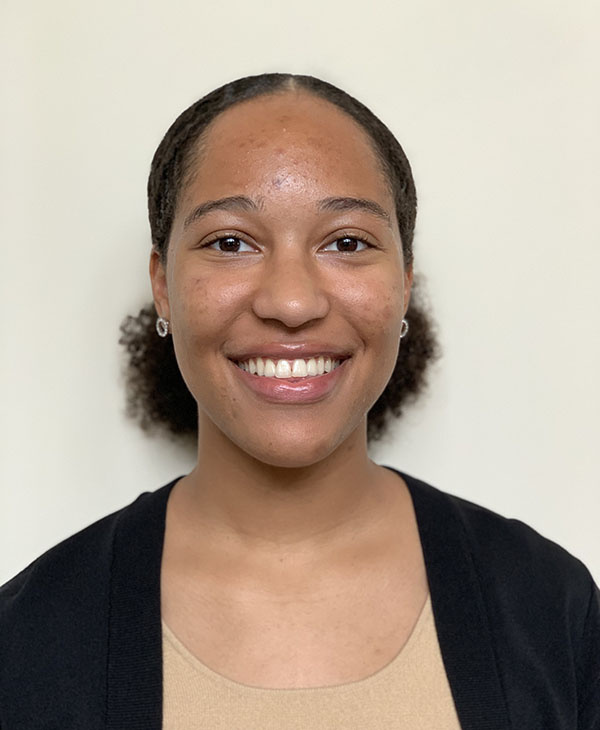
This summer, I am an intern at the Sexual and Reproductive Health Branch of UNFPA. I support the Midwifery Programme by analyzing data from country reports to draft sections of the Maternal Health Thematic Fund (MHTF) Annual Report, as well as by developing profiles which reflect the status of midwifery in MHTF-supported countries. My other responsibilities include updating maternal and newborn health data and providing assistance in the hosting of high level virtual forums. In my time at UNFPA, I have also greatly appreciated the opportunity to attend sessions of the International Confederation of Midwives Triennial Congress. Doing so has broadened my understanding of the importance of midwifery for sexual and reproductive health worldwide.n
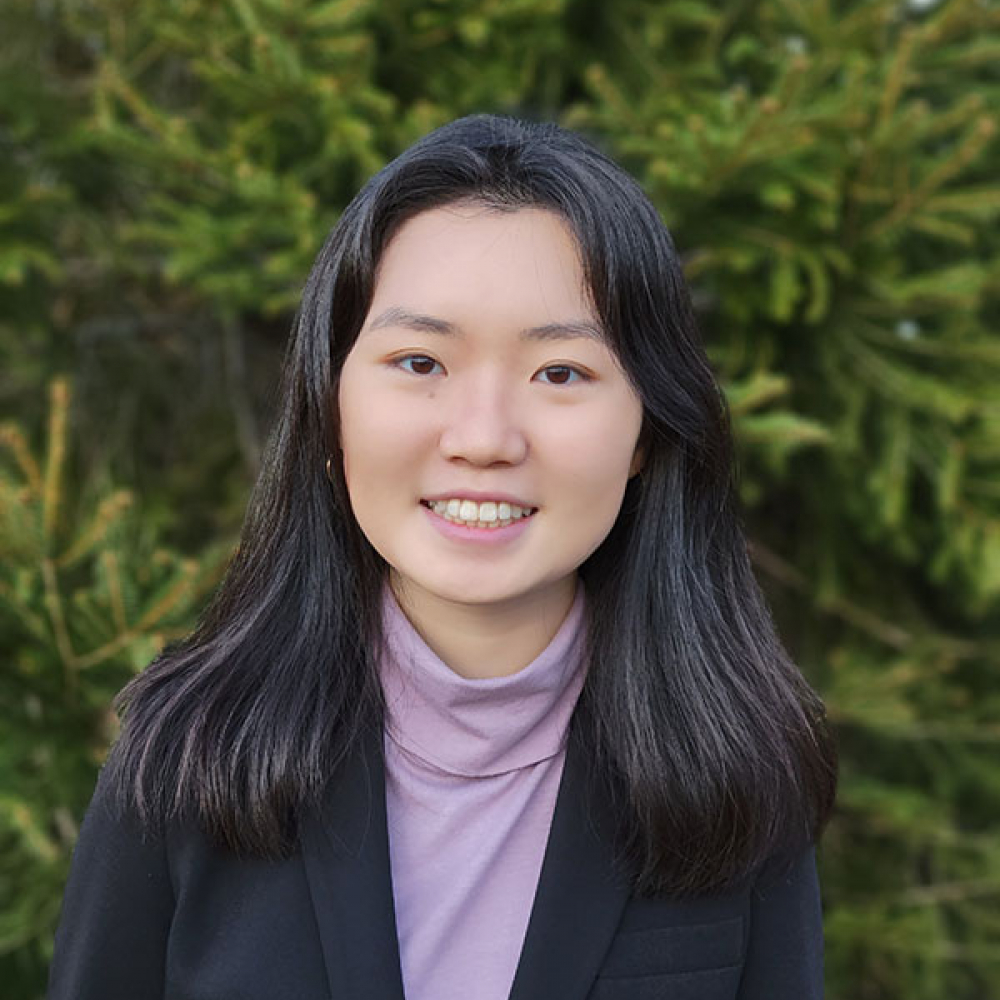
This summer, I am an intern at the Sexual and Reproductive Health Branch of UNFPA. I support the Midwifery Programme by analyzing data from country reports to draft sections of the Maternal Health Thematic Fund (MHTF) Annual Report, as well as by developing profiles which reflect the status of midwifery in MHTF-supported countries. My other responsibilities include updating maternal and newborn health data and providing assistance in the hosting of high level virtual forums. In my time at UNFPA, I have also greatly appreciated the opportunity to attend sessions of the International Confederation of Midwives Triennial Congress. Doing so has broadened my understanding of the importance of midwifery for sexual and reproductive health worldwide.n
This summer, I have been working with the National Institute for Health and Care Excellence (NICE), which analyzes the efficacy and cost of different clinical treatments to develop guidelines for their use. My work has consisted of performing a rigorous literature review of methods, frameworks, and case studies of ways that environmental impact has been incorporated into health technology assessments and the formation of guidelines for health technology use. I have been searching through both academic papers and grey literature by other public bodies that work in this field. NICE is at the forefront of considering environmental impacts in healthcare, and it has been a privilege to begin work that will support the sustainability portion of their new 5 year strategy.


